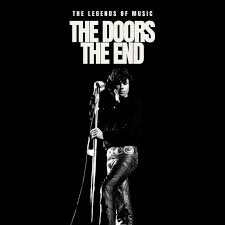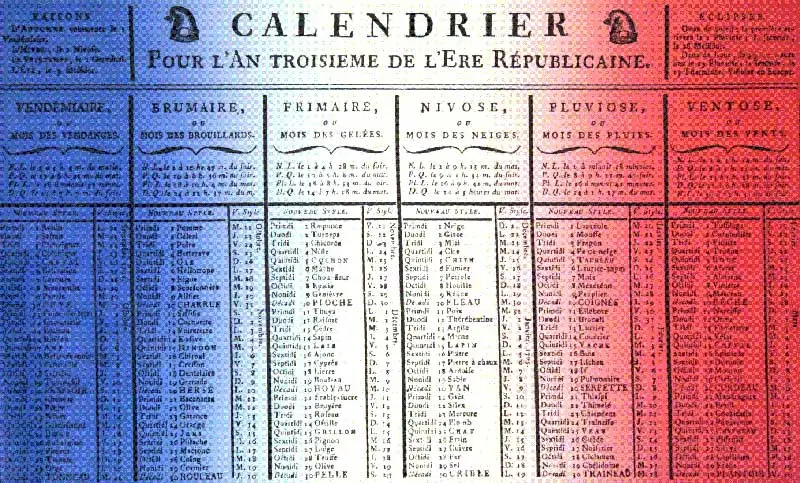
UNIVERSITY LECTURE HALL – DAY
Geneva, Switzerland
He walked resolutely from his dusty, book-lined office.
Faint rays of afternoon sun sliced through motes in the air.
PROFESSOR LINTON MARCH stood at the front of the lecture hall, the chalk in his hand a small but heavy weapon.
He wrote “FRENCH REVOLUTION” across the blackboard, the squeak of the chalk almost drowned by the silence in the room.
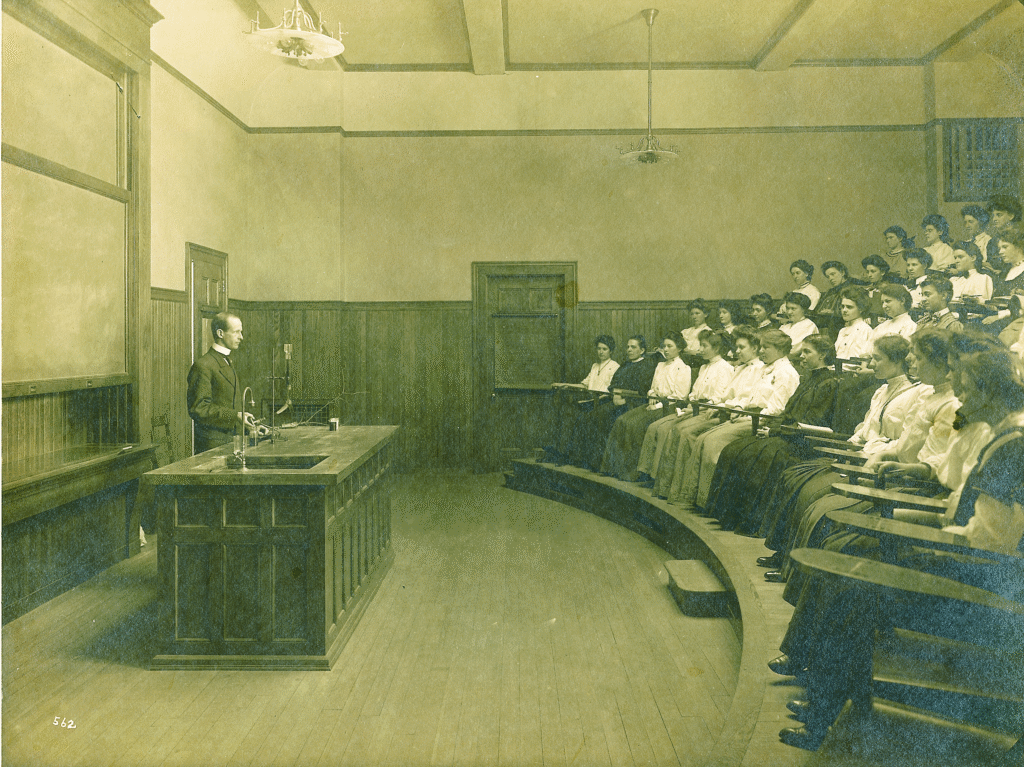
March resembles the lecture hall where he stands – beaten like old wood, as impermanent as chalk dust on blackboard, seen for but a flicker.
His mind is a library he needs not consult, for he knows what all the books say, many of which he wrote himself.
He is shadow and light, as timeless as a black-and-white photograph found in a seldom-visited museum.
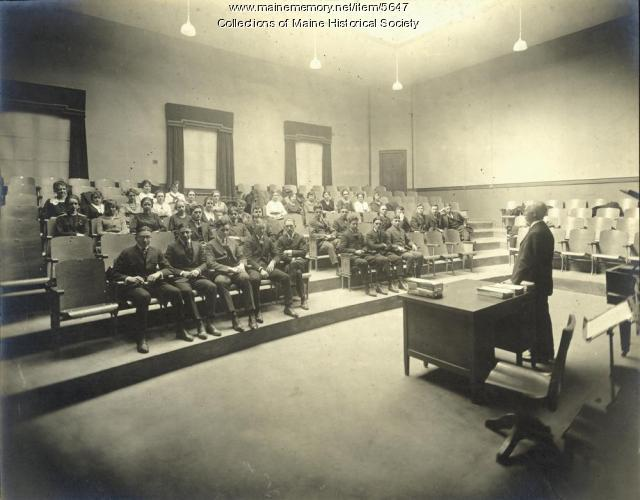
MARCH
(voice firm, but tinged with a quiet, unspoken longing)
Robespierre.
Maximilien Robespierre.
A name that often stirs only the bloodiest of images in the minds of the masses.
A man who believed in the purity of virtue…
But whose means of achieving it — well, those were nothing less than the horrors of the Reign of Terror.
He turned to face the class, eyes alight with an intensity that seemed to draw the room into his orbit.
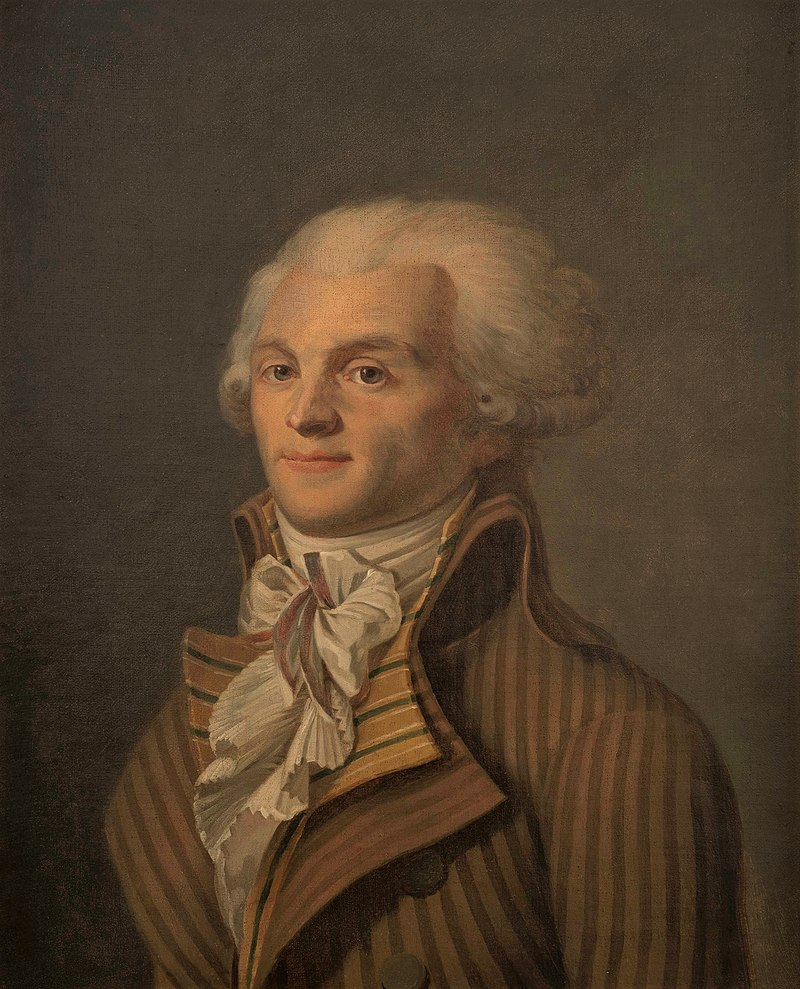
Above: French statesman Maximilien Robespierre (1758 – 1794)
MARCH
But what was his vision?
What was the Republic of Virtue?
He paced slowly, hand moving across the blackboard as he wrote, the chalk’s screech sounding like the scratching of old, forgotten clocks.
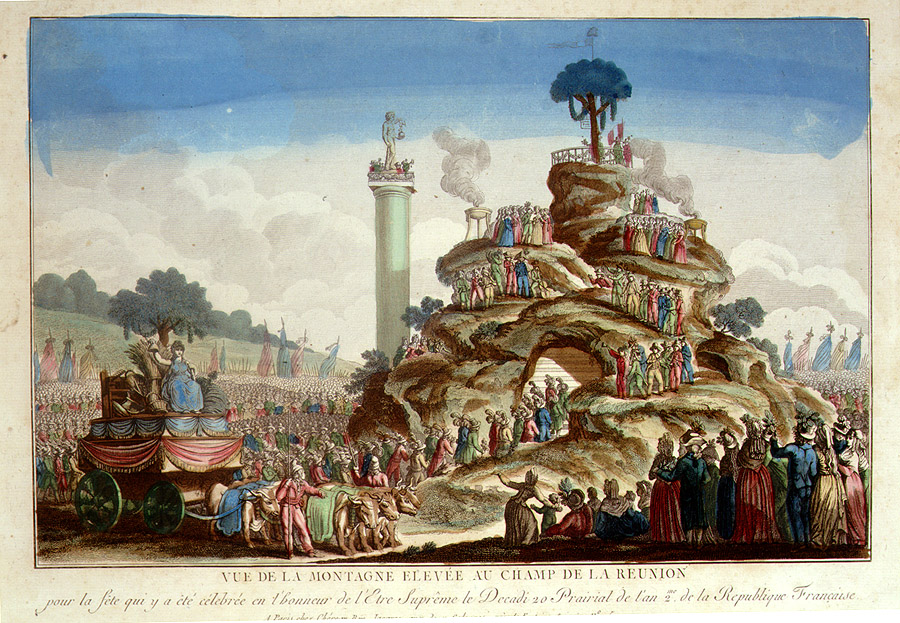
MARCH
Robespierre’s vision was simple:
A republic based on absolute virtue.
A society where every individual, every citizen, would live according to the highest moral standards.
A place where reason ruled, and corruption was purged through public virtue and personal sacrifice.
In theory, it was perfection.

March paused, letting the weight of his words sink in.
He turned to the students.
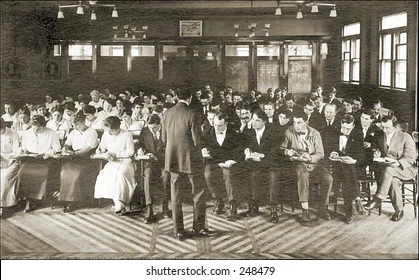
MARCH
But here’s where it faltered — where it fell into its own grotesque contradiction.
Robespierre, in his desire to enforce virtue, initiated the Terror.
A period of violence and bloodshed, in which he believed the only way to preserve virtue was to eradicate the ‘enemies of the revolution’—often through the guillotine.
Thousands died in the name of a purer world.
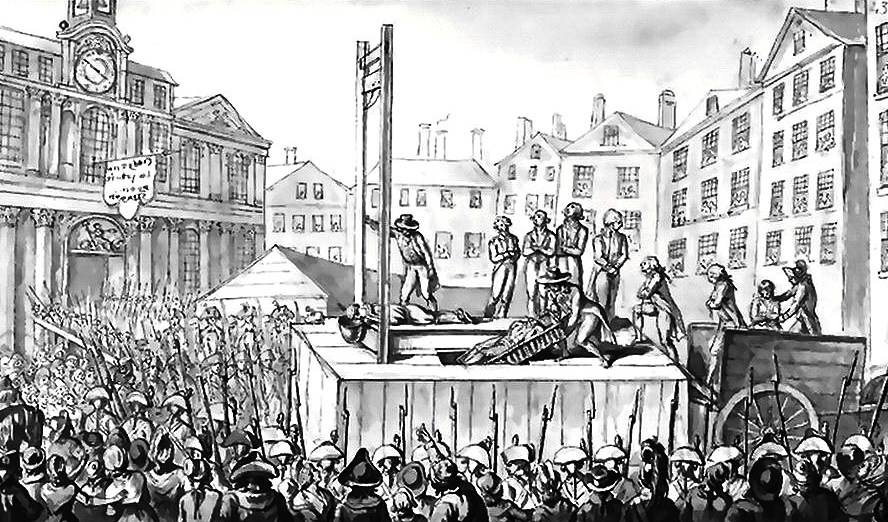
He let out a soft sigh.
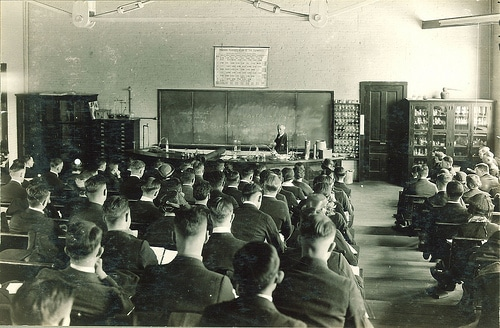
MARCH
The irony is staggering.
The dream of a perfect Republic led directly to the destruction of human life — the very thing he had once sought to protect.
Robespierre wanted the best for mankind, but he failed to recognize the dark side of human nature, the brutal price of idealism when taken to its logical extreme.
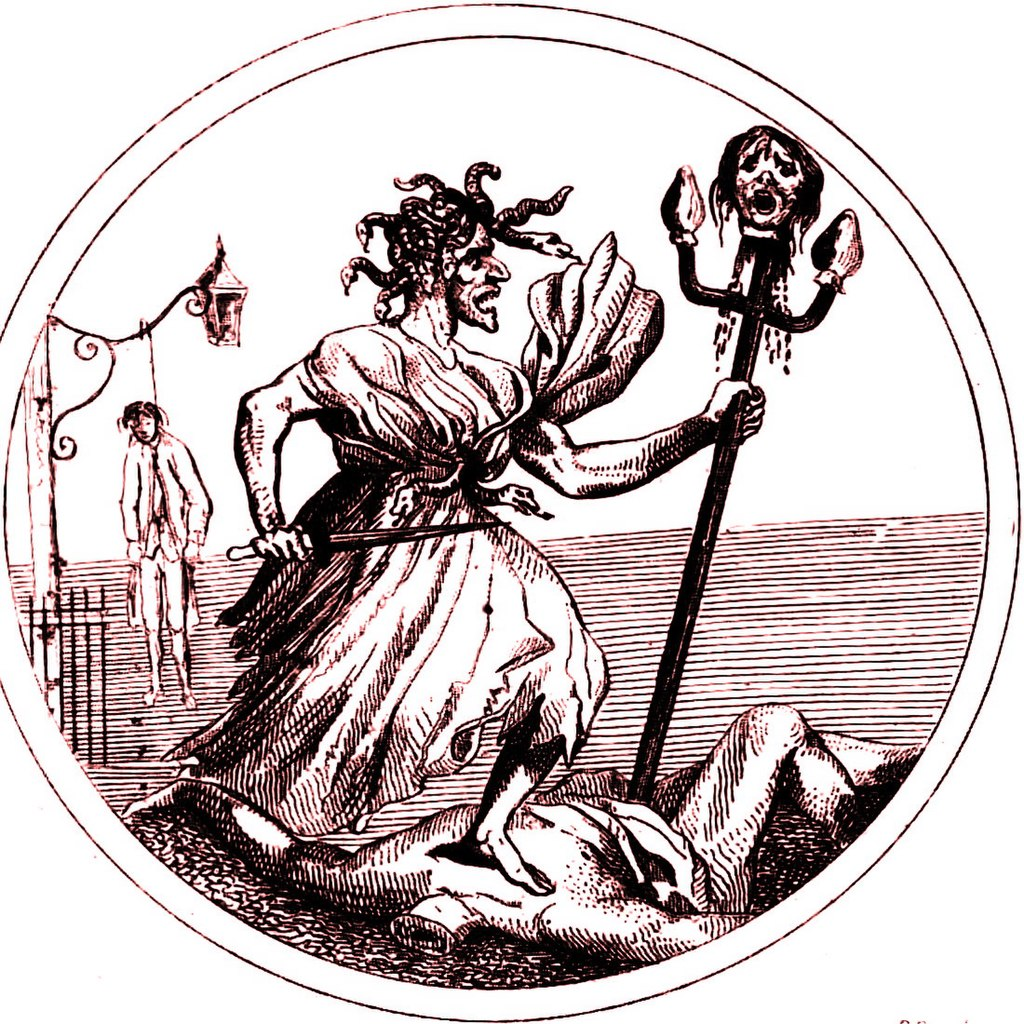
He glanced down at his notes, but the date — FEBRUARY 23 — pulled his focus once more.

MARCH
So why did this dream fail?
Because human beings — despite their best intentions — cannot escape the chaos within themselves.
The very idea of perfection breeds its own corruption.
The vision of the Republic of Virtue is seductive, yes, but like any Utopia, it is doomed to crumble beneath the weight of its own impossibility.
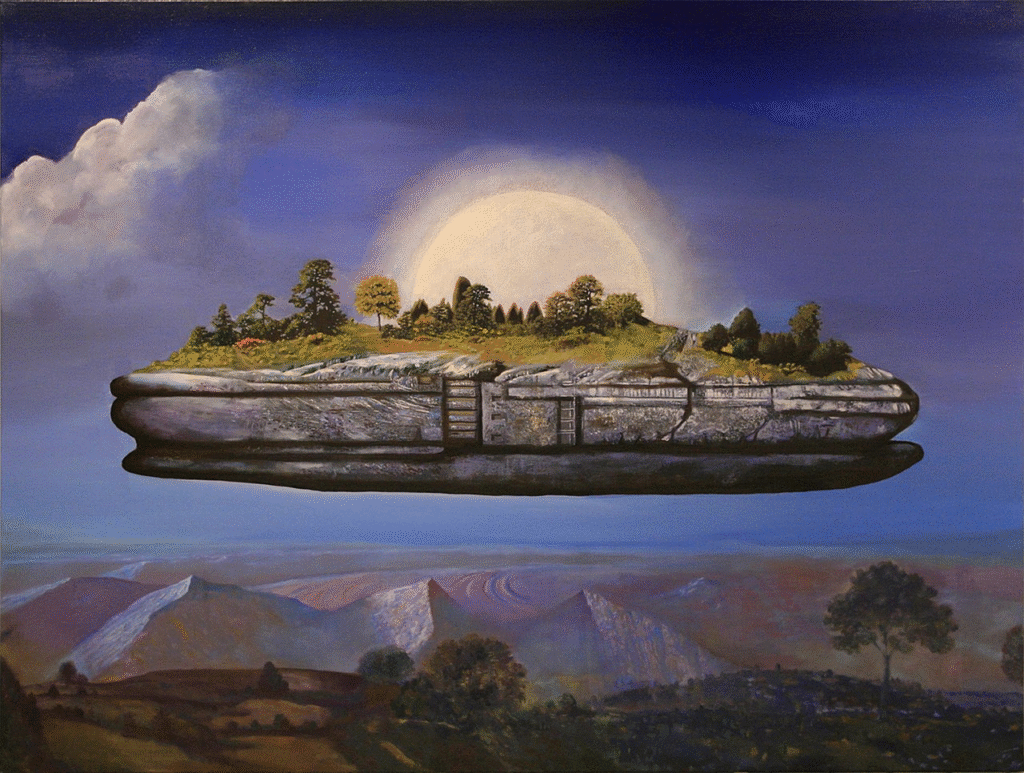
He straightened up and looked back at the class, his eyes suddenly harder, more fevered.

MARCH
But what if…
What if Robespierre had succeeded?
What if the Republic of Virtue was not merely a dream, but a lasting reality?
A world where perfection…
Where order could reign?
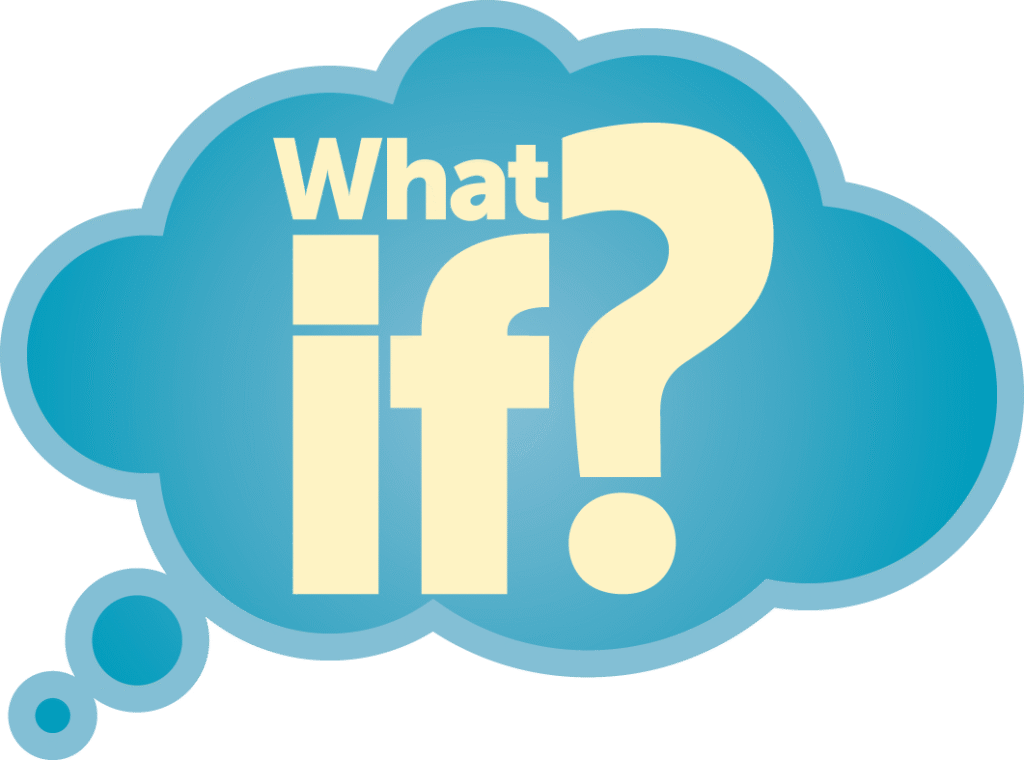
Wake from your sleep
The drying of your tears
Today, we escape, we escape
Pack and get dressed
Before your father hears us
Before all hell breaks loose
Breathe, keep breathing
Don’t lose your nerve
Breathe, keep breathing
I can’t do this alone
Sing us a song
A song to keep us warm
There’s such a chill, such a chill
And you can laugh
A spineless laugh
We hope your rules and wisdom choke you
Now we are one in everlasting peace
We hope that you choke, that you choke
We hope that you choke, that you choke
We hope that you choke, that you choke

He awoke to silence.
Not the warm silence of dawn nor the hushed breath of a world at peace, but a sterile, premeditated stillness — as if the air itself feared to disturb the order.
The city stretched out before him in symmetrical defiance of chaos, buildings glinting in the colorless light like surgical instruments laid on a tray.
There were no clouds.
The sky was a mirror — high, polished, indifferent.
March stood in a square too clean to be real.
Not a speck of dust.
Not a crack in the tiles.
The trees — trimmed to mathematical precision — stood equidistant, casting identical shadows on the ground.
Even the pigeons were absent, banished perhaps, or re-educated.
A woman walked beside him, her movements precise and bloodless, as though rehearsed countless times.
Her hair was a soft grey, her dress severe, her face peaceful in the way a marble statue might be — perfect, but unlived.
He did not remember meeting her.
He did not know his own name.
“You are Professor March,” she said, as if recalling it for him.
“Am I?“
“Yes.
You belong here now.“
“Where is here?”
She gestured around her, lips unmoving.
“The Republic of Virtue.”
The name clanged like a bell in the hollow of his skull.
He blinked.
The people who passed them walked in measured paces, each perfectly distanced, no one faster, no one slower.
No one looked at one another.
No one looked at all, except straight ahead — as if the very act of noticing was outlawed.
“I don’t belong here,” he muttered.
The woman paused.
“That is a dangerous thing to say.”
“I was a teacher…
I taught young people to question things, to imagine…”
He stopped short.
She smiled softly.
“There are no questions here.”
A chill settled into his bones — not from cold, but from the knowledge that she believed it.
Entirely.
There was no deception in her voice, only…
Serenity.
Like a soul lobotomized into contentment.
A loud chime rang from nowhere.
The people halted mid-stride, as if summoned by an invisible conductor.
They turned in unison toward a towering screen affixed to the plaza’s central column.
A man appeared.
Or the image of one.
His face was unreadable, symmetrical, ageless.
His voice, when it came, was devoid of emotion — an echo, not a voice.
“Citizens.
Perfection requires vigilance.
Virtue requires sacrifice.
There can be no liberty without discipline.
There can be no joy without order.”
The people did not react.
They simply listened.
Accepted.
Absorbed.
March felt a scream crawl up his throat, raw and ancient.
He swallowed it like a bitter pill.
“I have to leave,” he said.
“There is no exit,” she replied gently.
“Not because the doors are locked, but because desire is obsolete.
You’ll see.”
A child ran past — laughing.
The sound was sudden, organic, human.
It echoed like a gunshot.
Everyone froze.
The child stopped mid-giggle.
A shadow fell over him.
A figure in grey — tall, faceless — stepped forward from an alley March hadn’t noticed.
No words were spoken.
The child was taken by the arm and led away, his face drained of all sound.
March turned to the woman beside him, but she was already walking on, calm and smiling, as though nothing had happened.
He followed.
He had nowhere else to go.
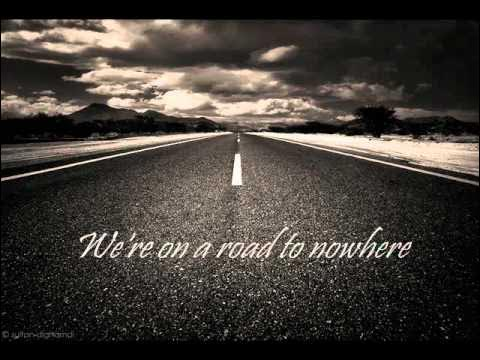
Cold blows the wind to my true love
And gently drops the rain
I’ve never had but one true love
And in green-wood he lies slain
I’ll do as much for my true love
As any young girl may
I’ll sit and mourn all on his grave
For twelve months and a day
And when twelve months and a day was passed
The ghost did rise and speak
“Why sittest thou all on my grave
And will not let me sleep?“
(Cold blows the wind to my true love)
(And gently drops the rain)
“Go fetch me water from the desert” (Cold blows the wind to my true love)
“And blood from out the stone
Go fetch me milk from a fair maid’s breast
That young man never has known“
“How oft on yonder grave, sweetheart
Where we were want to walk
The fairest flower that ever I saw
Has withered to a stalk“
(Cold blows the wind to my true love)
(And gently drops the rain)
“When will we meet again, sweetheart
When shall we meet again?”
“When the autumn leaves that fall from the trees
Are green and spring up again“
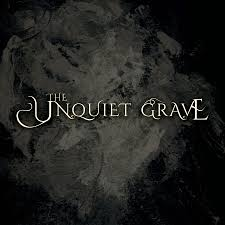
March could not decide if she reflected her city or her city mirrored her.
Pristine and immaculately made like a ruthlessly engineered garden, each line in precise alignment, each petal deliberately displayed.
Her reflection seen through the dark mirror of reality seemed flawless, but in the shadows March felt there must be a crack in the glass, a duality between decay and purity, between punishment and duty.
She was like the crumbling marble statue of an angel, her conscience a broken wing stretching in futility to an uncaring sky.
He looked at his own reflection.
Half-serene, accepting of his fate, and half distorted, unclear and unfocused on how he should feel.
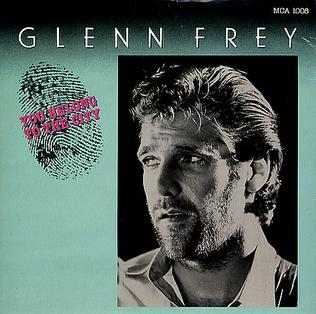
Hey, oh
Sheets of empty canvas
Untouched sheets of clay
Were laid spread out before me
As her body once did
All five horizons
Revolved around her soul
As the earth to the sun
Now the air I tasted and breathed
Has taken a turn
Oh and all I taught her was everything
Oh I know she gave me all that she wore
And now my bitter hands
Chafe beneath the clouds
Of what was everything
Oh the pictures have
All been washed in black
Tattooed everything
I take a walk outside
I’m surrounded by
Some kids at play
I can feel their laughter
So why do I sear
Oh, and twisted thoughts that spin
Round my head
I’m spinning
Oh, I’m spinning
How quickly the sun can, drop away
And now my bitter hands
Cradle broken glass
Of what was everything
All the pictures had
All been washed in black
Tattooed everything
All the love gone bad
Turned my world to black
Tattooed all I see
All that I am
All I’ll be
Yeah
I know someday you’ll have a beautiful life
I know you’ll be a star
In somebody else’s sky
But why
Why
Why can’t it be
Why can’t it be mine
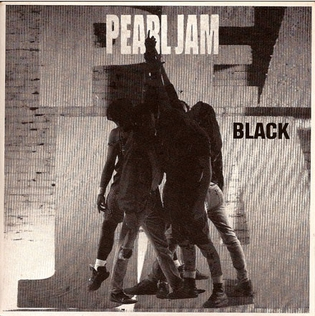
It was called the Harmonization Zone for Youth.
A playground, in other words.
But March saw no laughter here.
No scraped knees, no shouted dares, no conspiratorial whispers beneath slides.
The equipment was pristine — too pristine.
Metal bars without rust, plastic swings without creak.
Every color was dulled, as if emotion had been bled from the spectrum.
Children moved in silence.
Some jumped rope with perfect rhythm, the rope slicing air in mechanical unison — one-two, one-two.
Others sat in geometric patterns, reading books with identical covers.
Not one looked up.
Not one misstep made.
Overseeing it all were Watchers — tall, slate-coated figures with visors in place of faces.
They stood at the perimeter, unmoving, their presence the very embodiment of threat by implication.
Where is the hum of activity, the murmur of people’s voices?
March leaned on the fence, bile rising in his throat.
“Where are their parents?” he asked.
Beside him, the woman — whose name he still did not know — folded her hands in front of her.
“There are no parents in the Republic.
Parenthood introduces imbalance.
Favoritism.
Desire.
Grief.
The Republic raises its young with equality, without bias.”
He turned to her sharply.
“Without love, you mean.”
She regarded him.
“Love leads to jealousy.
Grief.
Violence.
War.”
“Love leads to being,” he snapped.
“Love leads to difference,” she replied softly.
And that, it seemed, was the true sin.
One of the children — a girl of perhaps seven — glanced up from her book.
Her eyes met March’s.
And something flickered there.
Not recognition.
Not hope.
Curiosity.
He took a half-step forward.
The girl blinked, then looked down again, faster than before, as if someone had seen.
As if her gaze itself had been a rebellion.
A siren wailed.
The children froze.
Books closed.
Swings stopped.
Jump ropes fell slack.
A Watcher stepped forward and pointed — not to the girl, but to March.
He stiffened.
The woman’s voice returned, as calm as the grave.
“You must come with me.”
The playground is eerily still.,
The swings have ceased their symmetry.
The children are frozen mid-motion, their faces devoid of expression.
Existence is a dull, washed-out color palette.
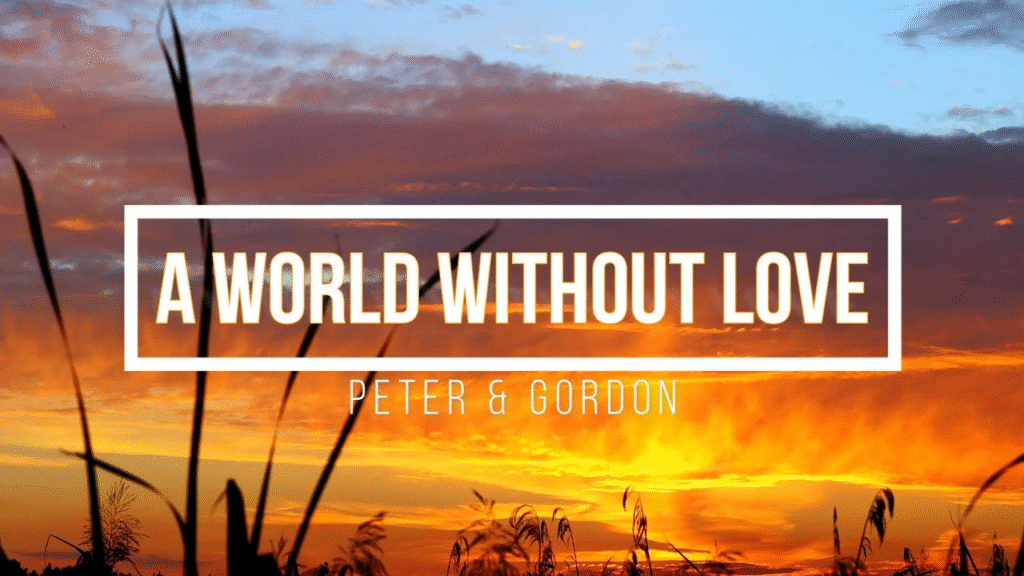
All around me are familiar faces
Worn-out places, worn-out faces
Bright and early for their daily races
Going nowhere, going nowhere
Their tears are filling up their glasses
No expression, no expression
Hide my head, I want to drown my sorrow
No tomorrow, no tomorrow
And I find it kinda funny, I find it kinda sad
The dreams in which I’m dying are the best I’ve ever had
I find it hard to tell you, I find it hard to take
When people run in circles, it’s a very, very
Mad world
Mad world
Children waiting for the day they feel good
Happy birthday, happy birthday
And I feel the way that every child should
Sit and listen, sit and listen
Went to school and I was very nervous
No one knew me, no one knew me
Hello, teacher, tell me, what’s my lesson?
Look right through me, look right through me
And I find it kinda funny, I find it kinda sad
The dreams in which I’m dying are the best I’ve ever had
I find it hard to tell you, I find it hard to take
When people run in circles, it’s a very, very
Mad world
Mad world
Enlarge your world
Mad world
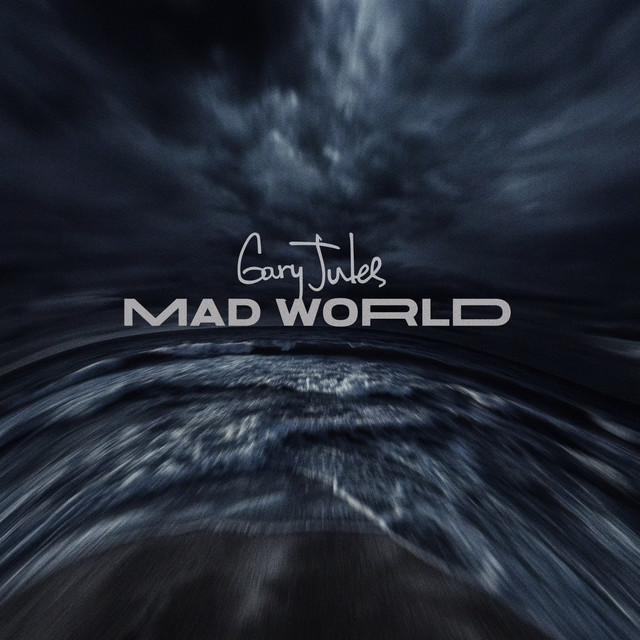
The Correction Center was as sterile as its name.
March was seated at a small, white desk in a small, white room, across from a man in a grey suit and a face that looked designed, not born.
No name.
No greeting.
Only a question:
“Citizen March.
Do you understand why you are here?”
“Yes,” March replied, voice dry.
“Because I looked at a child.”
The man didn’t blink.
“Because you disrupted symmetry.
An unauthorized exchange of attention introduces variance.
Variance is the mother of discontent.”
“I suppose grief is a misdemeanor here?”, March muttered.
“Grief is an illness.
Treated accordingly.”
“And joy?”
“Also an illness.”
The man leaned slightly forward, like a shadow stretching closer.
“In the Republic of Virtue, we do not punish.
We restore.
You will undergo a Recalibration.
It is painless.
It is precise.
You will return to your place.
Corrected.”
March felt a cold sweat trace his spine.
“And if I refuse?”
“There is no refusal,” the man said.
Not cruelly.
Just…
Plainly.
“Only error.
And error must be corrected.”
March looked at the wall behind him — blank, white, seamless.
The only adornment was a small plaque etched with a phrase in fine serif letters:
“The willing mind is the only free mind.”
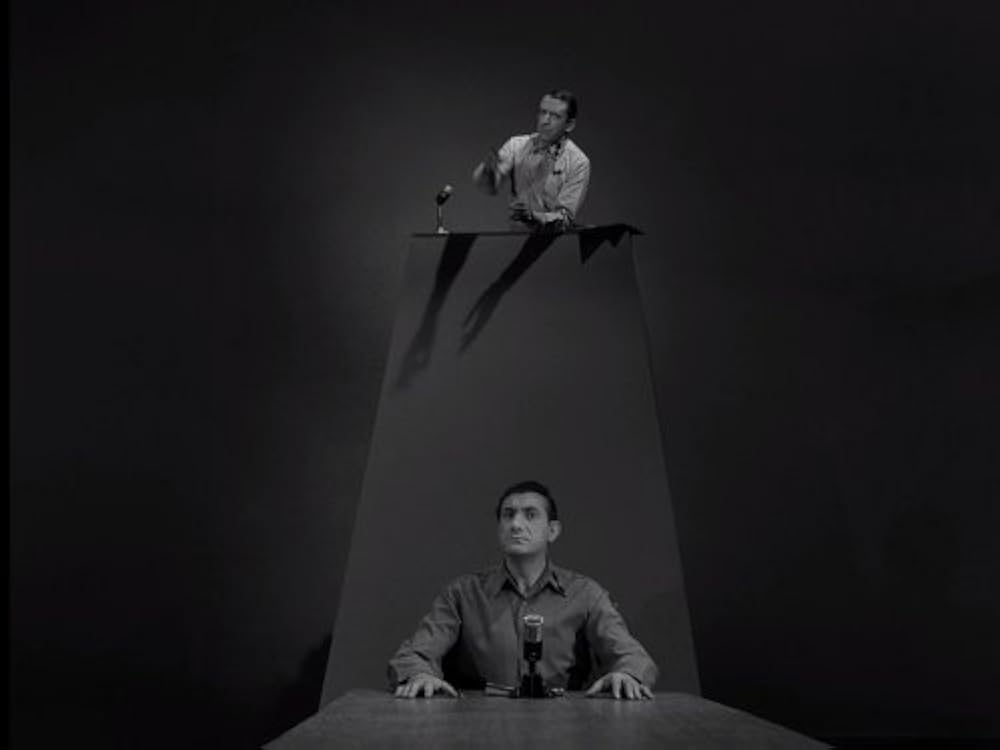
Help, I have done it again
I have been here many times before
Hurt myself again today
And the worst part is there’s no-one else to blame
Be my friend, hold me
Wrap me up, enfold me
I am small and needy
Warm me up and breathe me
Ouch, I have lost myself again
Lost myself and I am nowhere to be found
Yeah, I think that I might break
Lost myself again and I feel unsafe
Be my friend, hold me
Wrap me up, enfold me
I am small and needy
Warm me up and breathe me
Be my friend, hold me
Wrap me up, enfold me
I am small and needy
Warm me up and breathe me
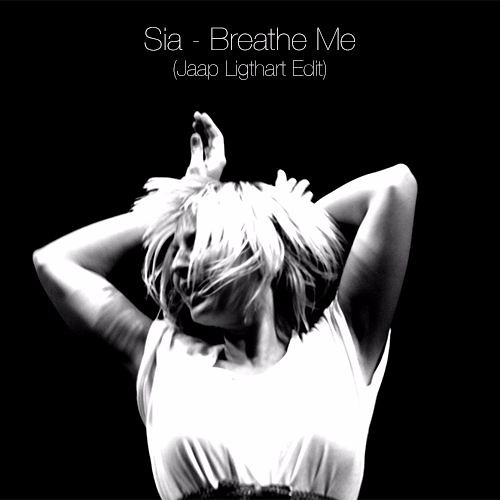
Footsteps struck a deeply unsettling chord, building on the chilling, mechanical world created.
The sterile environment of the Correction Center, the cold, emotionless dialogue, and the removal of any humanity….
March did not fear death.
He feared the finality of this fate worse than death.
The hall was cold.
Too cold.
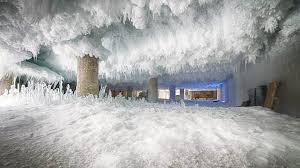
Stone walls stretched upward, indifferent, cavernous.
It was a place where even breath felt like a crime.
The stone underfoot seemed to absorb sound.
The air was thick, oppressive, making it hard to breathe.
The silence itself was a physical weight on March’s chest, as if the very environment was complicit in his trial.
The tension in March’s body tormented him — the dry mouth, rigid posture, chest tightening.
His body betrayed him, amplifying his isolation in this cold, calculating space.
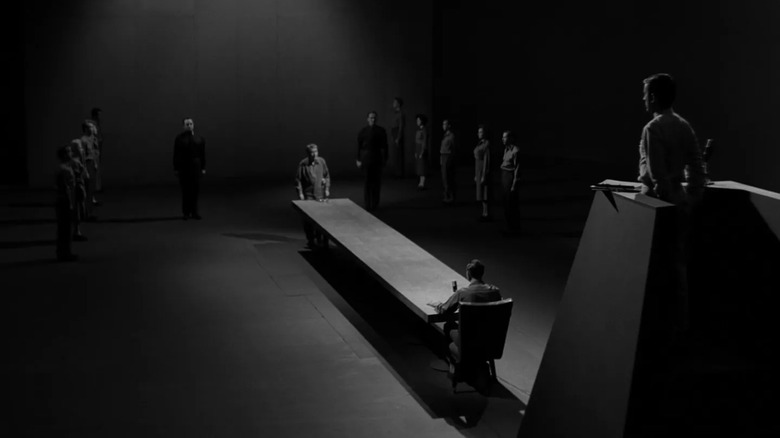
I thought that you knew it all
Well, you’ve seen it ten times before
I thought that you had it down
With both your feet on the ground
I love slow
Slow but deep
Feigned affections wash over me
Dream on my dear
And renounce temporal obligations
Dream on my dear
It’s a sleep from which you may not awaken
You build me up then you knock me down
You play the fool while I play the clown
We keep time to the beat of an old slave drum
You raise my hopes, then you raise the odds
You tell me that I dream too much
Now I’m serving time in disillusionment
I don’t believe you anymore
I don’t believe you
I thought that I knew it all
I’d seen all the signs before
I thought that you were the one
In darkness my heart was won
You build me up then you knock me down
You play the fool while I play the clown
We keep time to the beat of an old slave drum
You raise my hopes, then you raise the odds
You tell me that I dream too much
Now I’m serving time in a domestic graveyard
I don’t believe you anymore
I don’t believe you
Never let it be said I was untrue
I never found a home inside of you
Never let it be said I was untrue
I gave you all my time
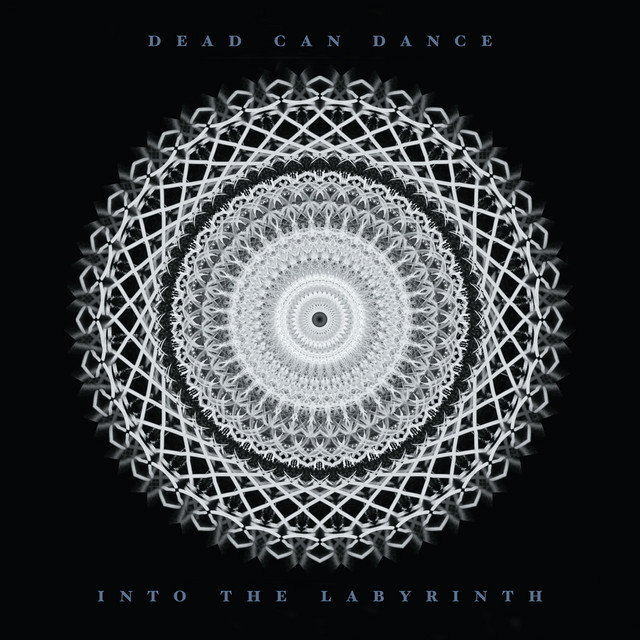
March stood before them:
The bearded man, sharp-eyed and calculating, his lips curled in silent disapproval.
The woman, whose gaze cut through him like glass.
And the Leader, whose face was both young and ancient, an eternal blur of power that did not belong to a man, but to the idea of one.
The Leader felt inhuman — not a man, but the personification of an ideology.
His smile, faint but knowing, as unsettling as a death mask.
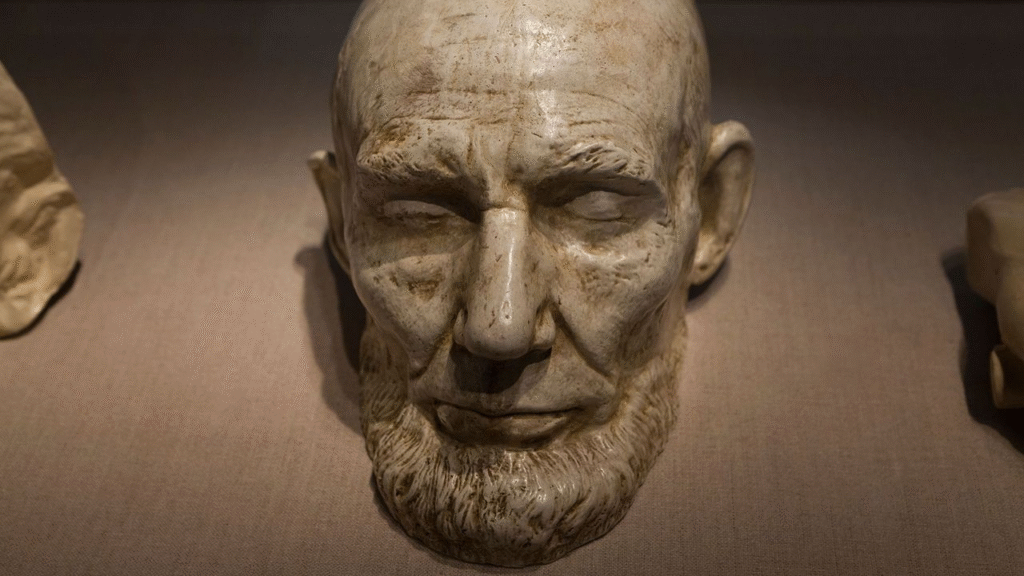
In restless dreams, I walked alone
Narrow streets of cobblestone
‘Neath the halo of a street lamp
I turned my collar to the cold and damp
When my eyes were stabbed by the flash of a neon light
That split the night
And touched the sound of silence
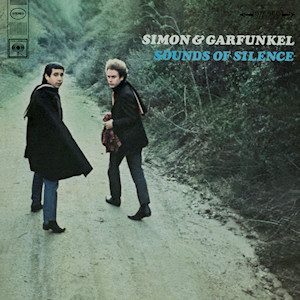
They did not speak at first.
The silence was oppressive, suffocating.
March wanted to scream, to shatter it, but his mouth was dry, his body rigid.
“You stand accused,” the Leader intones, voice smooth as oil, “not of crimes, but of thoughts.
Of ideas.
Dangerous thoughts.“
March tries to swallow, but his throat is a desert.
“Ideas?” he whispers.
“I didn’t create this…
This place.”
“No,” the Leader responds, the faintest smile playing at the corners of his lips.
“But you longed for it.”
The words struck him like a slap.
His chest tightened.
Longed?
Was this what he wanted?
A world so perfect it could swallow the soul?
“I’m not a criminal,” March protested, his voice cracking, raw.
“I just wanted to…
To live.
To feel.”
The sharp-eyed woman leans forward, her gaze piercing, unblinking.
“You wanted freedom, but freedom breeds chaos.
And chaos…
Chaos breeds hunger.”
“And hunger,” the bearded man adds softly, almost reverently, “breeds revolution.”
The Tribunal was no longer just a room.
It was an abyss, swallowing him whole.
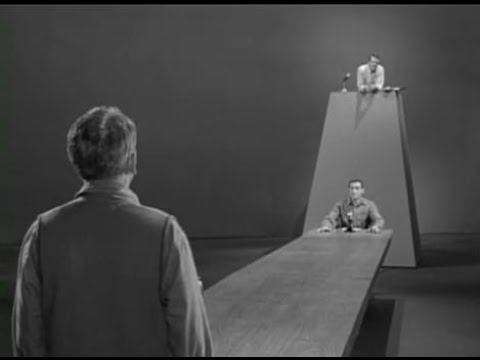
“Fools” said I, “You do not know
Silence like a cancer grows
Hear my words that I might teach you
Take my arms that I might reach you“
But my words, like silent raindrops fell
And echoed in the wells of silence
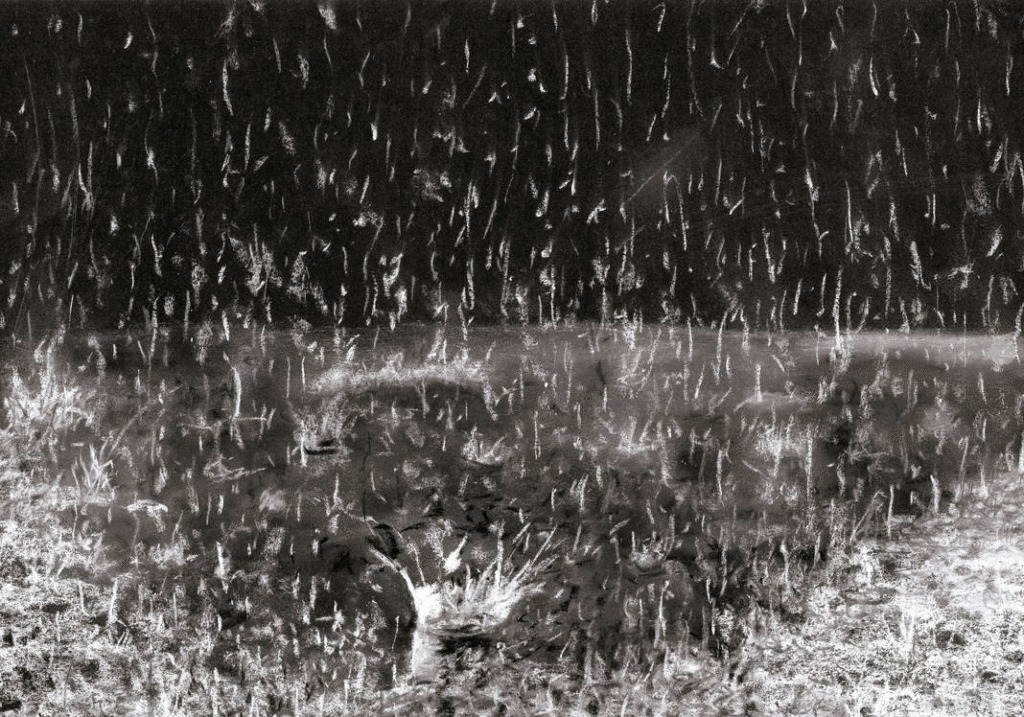
There was no ceremony.
No trumpets blaring, no chains to rattle.
The city simply faded away.
It was as though he had never here, never part of the Republic.
The streets that once seemed so sterile now felt like ghosts, empty and forgotten.
His body moved, but his mind lingered in the place he could no longer touch.
March walked through the city, the air thick with the scent of sterility, of absence.
Each step heavier than the last, a funeral march for the self.
No one stopped him.
No one spoke.
There was no condemnation, only the quiet hum of a world that had forgotten how to care.
“Perhaps,” said the bearded man’s voice, floating to him from the void, “your ideas belong to another time.”
March did not respond.
What was there left to say?
The walls of this world were closing in on him, and with each breath, he was further removed from the person he once was.
From the man who believed in the possibility of something better.
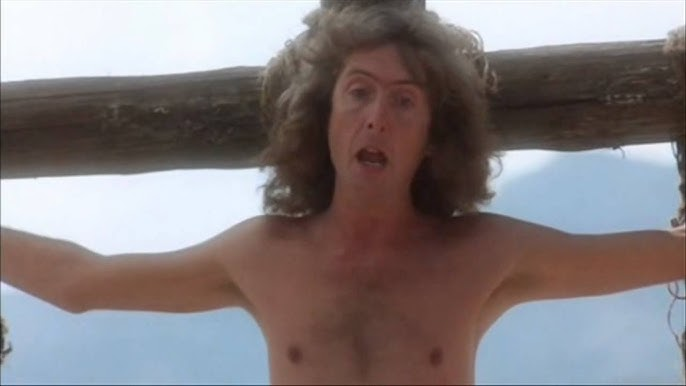
What have I become?
My sweetest friend
Everyone I know
Goes away in the end
And you could have it all
My empire of dirt
I will let you down
I will make you hurt
If I could start again
A million miles away
I would keep myself
I would find a way

March wakes.
The cold light of dawn flickers through his window, harsh and sterile.
He blinks, confused, disoriented.
The desk is before him.
The screen is on, its blinking cursor waiting.
He sits up, runs his fingers through his hair, and stares.
Was it a dream?
A memory?
A prophecy?
He doesn’t know.
The lines between them blur, collapsing into one.
The world outside the window is still there, still the same — silent, waiting.
He reaches for the keyboard.
His fingers tremble as they hover over the keys.
The clock ticks, a slow, deliberate gavel.
He begins to type, the words spilling out, desperate, frantic.
“In the end, the ideal of the Republic of Virtue failed.
But not because of its failure, but because of its success.
Perfection, you see, is not a place one can live.
It is a place one can only die.”
The screen flickers.
He looks up.
The doorbell rings.
No one is there.
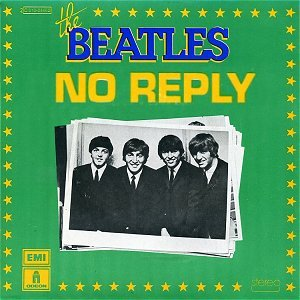
Who can it be knocking at my door?
Go ‘way, don’t come ’round here no more
Can’t you see that it’s late at night?
I’m very tired and I’m not feeling right
All I wish is to be alone
Stay away, don’t you invade my home
Best off if you hang outside
Don’t come in, I’ll only run and hide
Who can it be now?
Who can it be now?
Who can it be now?
Who can it be now?
Who can it be knocking at my door?
Make no sound, tip-toe across the floor
If he hears, he’ll knock all day
I’ll be trapped and here I’ll have to stay
I’ve done no harm, I keep to myself
There’s nothing wrong with my state of mental health
I like it here with my childhood friend
Here they come, those feelings again!
Who can it be now?
Who can it be now?
Who can it be now?
Who can it be now?
Is it the man come to take me away?
Why do they follow me?
It’s not the future that I can see
It’s just my fantasy, yeah
Ooh, who can it be now?
Who can it be now?
Who can it be now?
Who can it be now?
Who can it be now?
(Oh, wee oh) Who can it, Who can it
(Ooh ooh) Who can it be now?
(Ooh ooh wee) Yeah yeah yeah
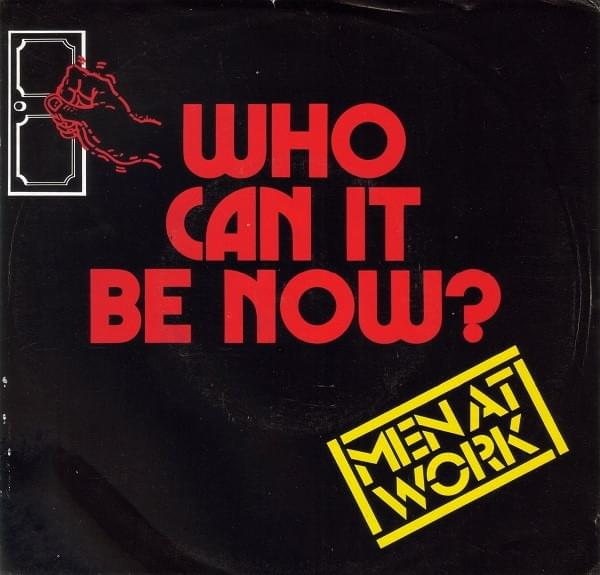
The wind speaks.
Softly, but with a force that chills him to the bone.
Still watching.
Still waiting.
March sits back in his chair, his breath shallow, his heart pounding.
He stares at the screen.
The blinking cursor waits.
He begins again.
And again.
And again.
The words flow, each sentence more broken, more desperate, than the last.
“There is no escape,” he types.
“Not for me.
Not for anyone.”
The wind speaks, its voice curling around him like smoke.
Still waiting.
Still watching.
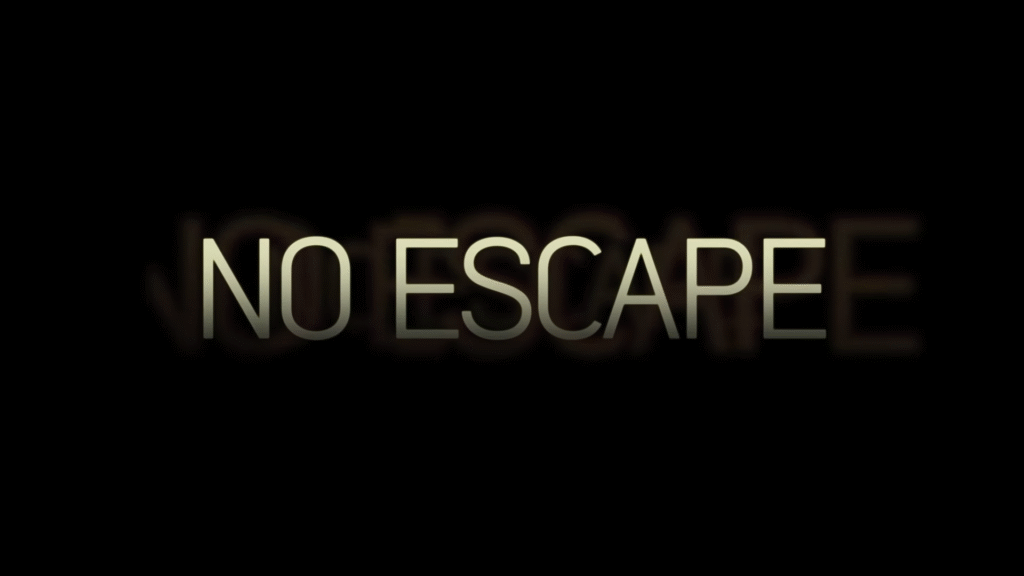
We skipped the light fandango
Turned some cartwheels across the floor
I was feeling kind of seasick
When the crowd called out for more
The room was humming harder
And the ceiling flew away
When I called out for another drink
The waiter brought a tray
And so it was later
When the miller told this tale
That her face at first just ghostly
Turned a whiter shade of pale
She said, “There is no reason
And the truth is plain to see“
That I wandered through my playing cards
And could not let her be, no
One of 16 vestal virgins
Who was leaving for the coast
And although my eyes were open
They might just as well have been closed
And so it was later
When the miller told this tale
He said that her face at first just ghostly
And then turned a whiter shade of pale
And so it was later
When the miller told this tale
He said that her face at first just ghostly
Then turned a whiter shade of pale
Oh, just a whiter shade of pale
Then turned a whiter shade of pale
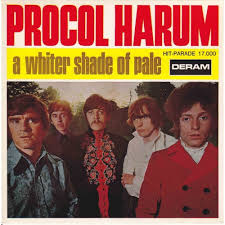
UNIVERSITY LECTURE HALL – AFTERNOON
The last students file out of the lecture hall, their voices fading into the corridor.
March stands alone, the echo of his own words hanging in the air.
His fingers twitch at the chalkboard, as though something unseen is pulling at him.
(He stares at the lines he’s written, his gaze unfocused.)
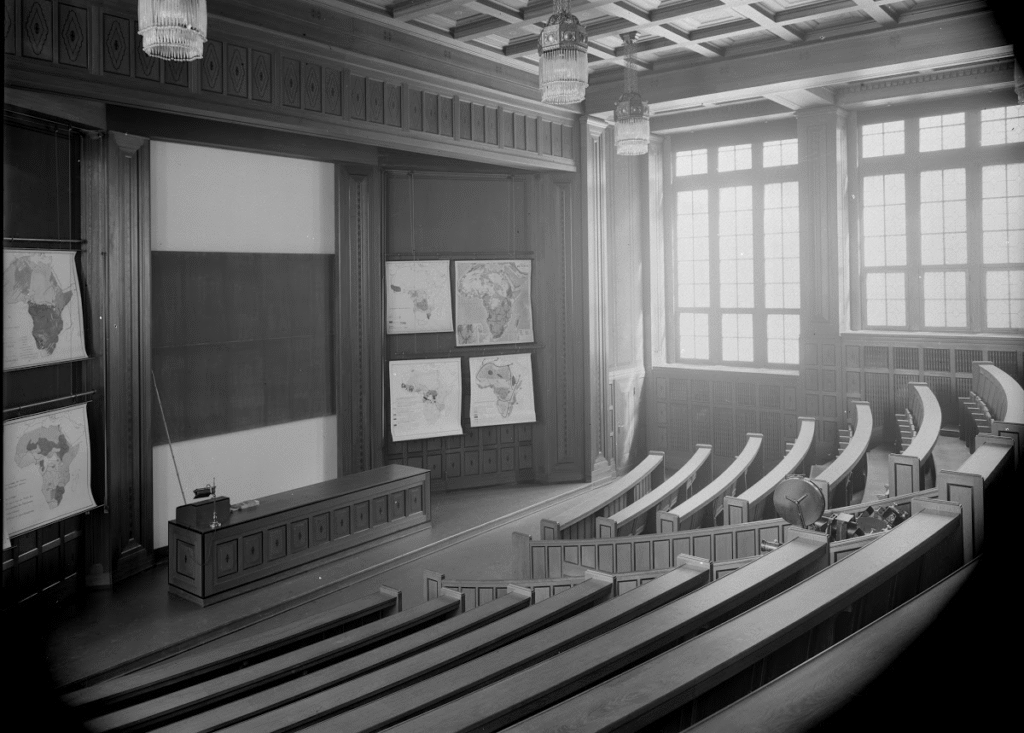
MARCH
(musing aloud, mostly to himself)
They say dreams are doorways—portals into worlds we cannot see, or perhaps, worlds we have forgotten.
(pauses, voice barely above a whisper)
What if every dream we have is a glimpse into another reality?
Another version of ourselves, living a life we only dare to imagine?
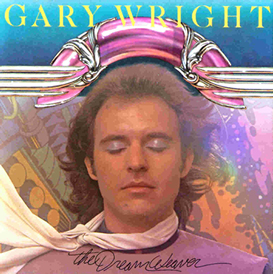
(He steps closer to the chalkboard, staring at the words “FRENCH REVOLUTION,” as if they hold some deeper meaning.)
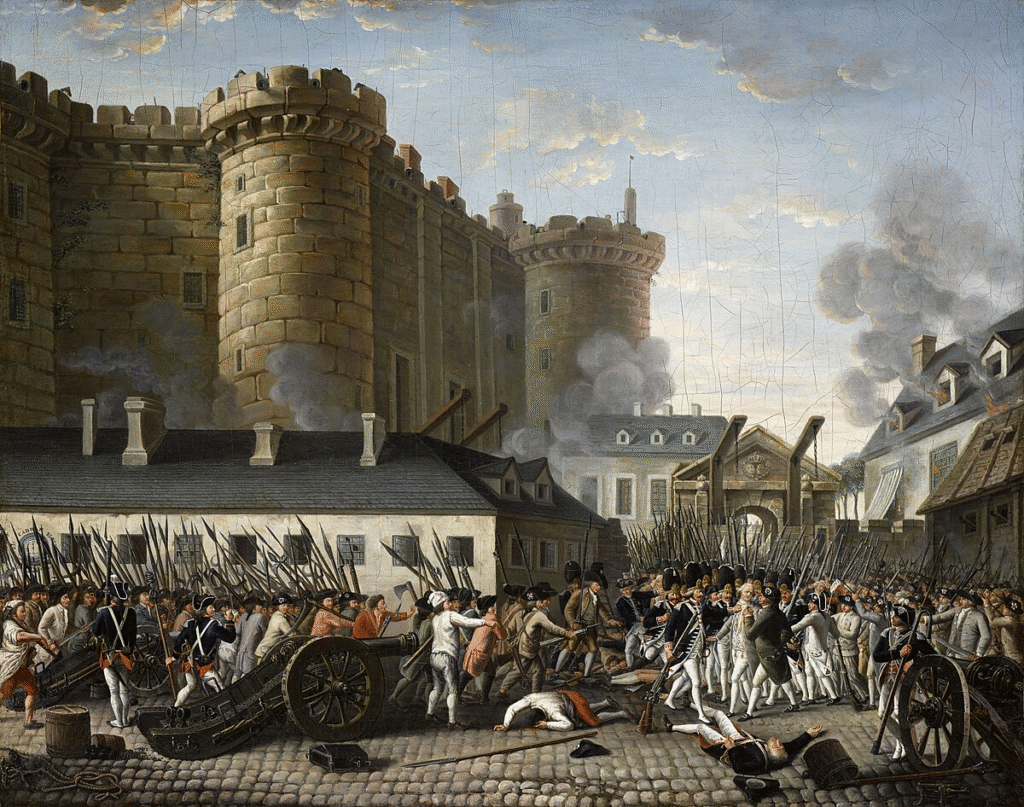
Above: Storming of the Bastille, 14 July 1789
MARCH
(quietly, a smile tugging at his lips)
Perhaps that is why we cling to them.
Perhaps we see in dreams the things we fear to face in our waking lives.
The promise of a world where virtue prevails, where our choices are not bound by the chaos of our nature.

(His voice falters for a moment, as if doubting his own beliefs.)

MARCH
(looking down at the blackboard with a distant, searching expression)
But then, in another world, another version of this dream, there is no Republic of Virtue.
Instead, there is the Terror, the guillotine.
A nightmare made flesh.
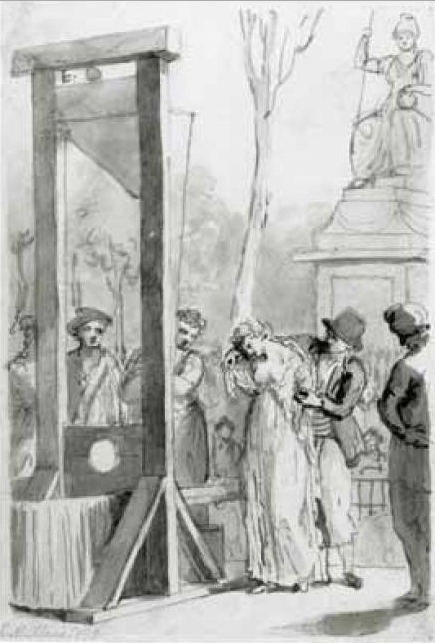
(His eyes shift back toward the door, as if expecting someone to walk in, though he is utterly alone.)
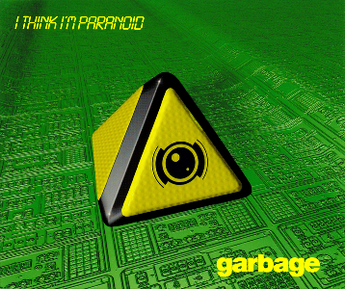
And in this world — this world of ours — we must choose which dream we wish to live.
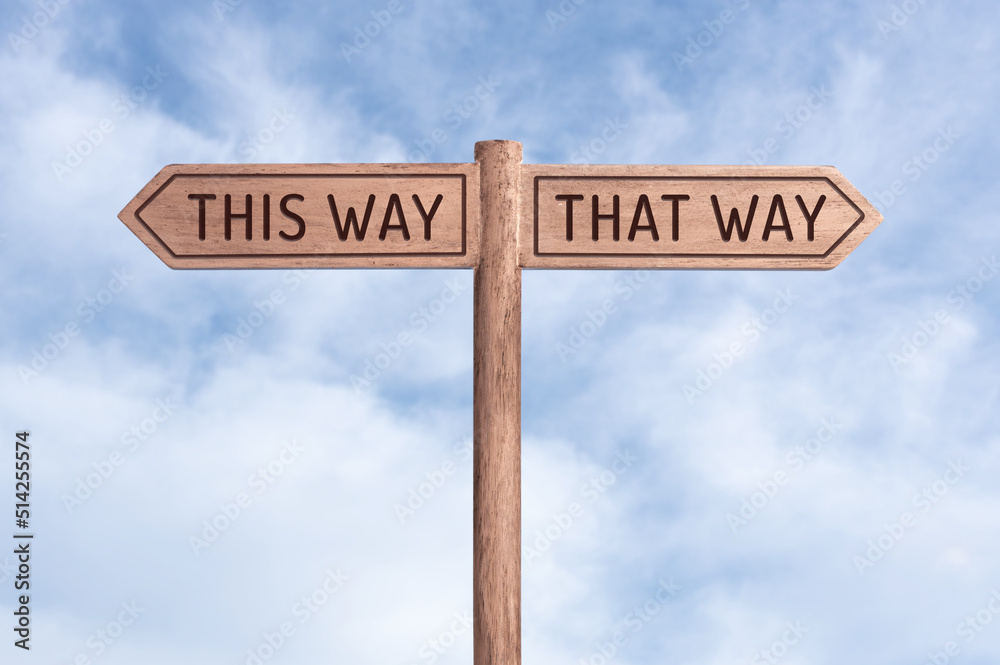
Starry, starry night
Paint your palette blue and gray
Look out on a summer’s day
With eyes that know the darkness in my soul
Shadows on the hills
Sketch the trees and the daffodils
Catch the breeze and the winter chills
In colors on the snowy linen land
Now I understand
What you tried to say to me
And how you suffered for your sanity
And how you tried to set them free
They would not listen, they did not know how
Perhaps they’ll listen now
Starry, starry night
Flaming flowers that brightly blaze
Swirling clouds in violet haze
Reflect in Vincent’s eyes of china blue
Colors changing hue
Morning fields of amber grain
Weathered faces lined in pain
Are soothed beneath the artist’s loving hand
Now I understand
What you tried to say to me
And how you suffered for your sanity
And how you tried to set them free
They would not listen, they did not know how
Perhaps they’ll listen now
For they could not love you
But still your love was true
And when no hope was left in sight
On that starry, starry night
You took your life, as lovers often do
But I could’ve told you Vincent
This world was never meant for
One as beautiful as you
Starry, starry night
Portraits hung in empty halls
Frame-less heads on nameless walls
With eyes that watch the world and can’t forget
Like the strangers that you’ve met
The ragged men in ragged clothes
The silver thorn of bloody rose
Lie crushed and broken on the virgin snow
Now I think I know
What you tried to say to me
And how you suffered for your sanity
And how you tried to set them free
They would not listen, they’re not listening still
Perhaps they never will
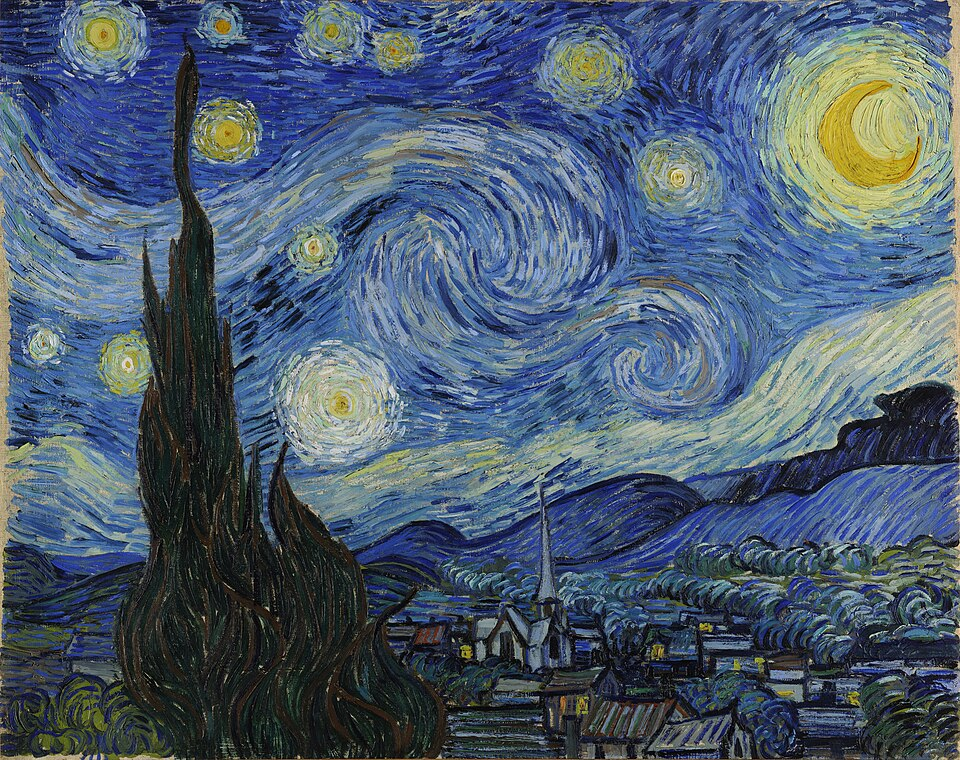
We’ve all imagined a world of perfection.
A place where the dreams of liberty and virtue come to life, where a better society rises from the ashes of the old.
But is perfection truly achievable?
Or is it just another prison—a cage of our own making?
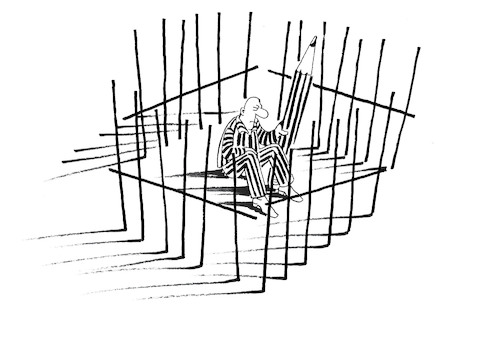
Professor March thought he could escape a world that no longer made sense.
But in doing so, he found that sometimes the chains of our own minds are the most difficult to break.
And so, his journey continues — one click, one keystroke at a time.
The Professor will be haunted forever.
An eternity lost pondering:
What price must we pay for our ideals?
When does the search for perfection become the worst kind of nightmare?
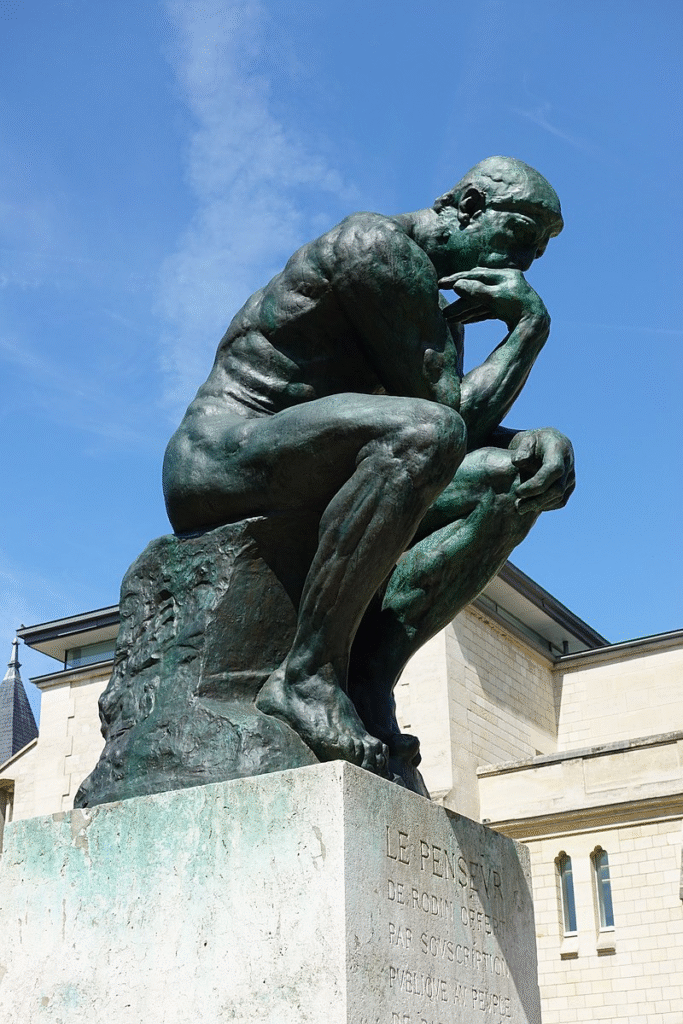
As March stared at the screen, his breath shallow and quick, the weight of the words he had typed pressed down on him.
He reached instinctively for his pocket watch, the small, familiar object that has always been his tether to reality.
His fingers tremble as they open the silver casing, the cool metal a sharp contrast to his heated skin.
The ticking — the rhythmic, comforting ticking — fills the silence of the room.
He stares at the watch, the steady pulse of time anchoring him in the present, in the now.
But then…
The tick slowed.
A heartbeat.
Then another.
And another.
March blinked, confused.
He leaned closer, his eyes narrowing, trying to make sense of the strange sensation.
The hands of the watch…
They were moving.
Backwards.
A sharp, cold spike of terror grips his chest.
The second hand slid back, then the minute, the hour — each one in a slow, deliberate retreat.
No.
It wasn’t possible.
Time doesn’t work like this.
Does it?
His heart raced, each beat a drum in his ears, louder, faster.
The watch was ticking backward, unraveling the very essence of everything he had known.
He gripped it, trying to stop the motion, but it continued its steady retreat, the numbers on the face spinning away, each turn a step further back into the past.
His mind screamed to understand, but all he could feel is the crushing weight of inevitability.
The terror of being trapped, of having no control over his own fate.
Time, slipping away…
Reversing.
It was no longer his to command.
He tried to tear his gaze away, but his eyes were glued to the watch, unable to look anywhere else.
The past.
The mistakes.
The ideals.
The failures.
They were all coming back.
March’s breath hitched, his hands shaking, the reality of his world slipping away with each passing moment.
And then, from somewhere deep inside, a thought pressed in:
If time can turn back…
Can it ever truly be stopped?
But it was too late.
The watch continued, inexorably, its ticking now the only sound that filled the room.
The hands slipped further, further, until —
Darkness.

How did I ever let you slip away
Never knowing I’d be singing this song some day
And now I’m sinking, sinking to rise no more
Ever since you closed the door
If I could turn, turn back the hands of time
Then my darling you’d still be mine
If I could turn, turn back the hands of time
Then darling you, you’d still be mine
Funny, funny how time goes by
And blessings are missed in the wink of an eye
Why oh why oh why should one have to go on suffering
When every day I pray please come back to me
If I could turn, turn back the hands of time
Then my darling you’d still be mine
If I could turn, turn back the hands of time
Then darling you, you’d still be mine
And you had enough love for the both of us
But I, I, I did you wrong, I admit I did
But now I’m facing the rest of my life alone, whoa
If I could turn, turn back the hands of time
Then my darling you’d still be mine
If I could turn, turn back the hands of time
Then darling you, you’d still be mine
Oh I’d never hurt you (If I could turn back)
Never do you wrong (If I could turn back)
And never leave your side (If I could turn back)
If I could turn back the hands
There’d be nothing I wouldn’t do for you (If I could turn back)
Forever honest and true to you (If I could turn back)
If you accept me back in your heart, I love you (If I could turn back the hands)
(If I could turn back)
Oh oh, that would be my will
(If I could turn back)
Darling I’m begging you to take me by the hands
(If I could turn back the hands)
I’m going down, yes I am
(If I could turn back)
Down on my bended knee, yeah
(If I could turn back)
And I’m gonna be right there until you return to me
(If I could turn back the hands) Oh oh oh
(If I could turn back)
If I could just turn back that little clock on the wall
(If I could turn back)
Then I’d come to realize how much I love you
Love you, love you, love you, love you
(If I could turn back the hands. If I could turn back the hands)
(Oh oh oh oh)
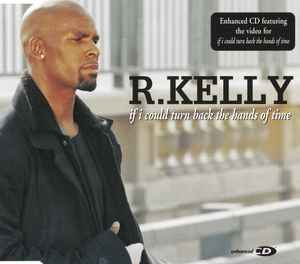
March stood, frozen in place, still holding the pocket watch, the hands spinning backward in a relentless, mocking cycle.
His breath came in ragged gasps.
Time.
The thing he thought he could control.
The thing he thought he could perfect.
But perfection, he realized now, is never meant to be reached.
It is the abyss, the thing that consumes you before you even understand it.
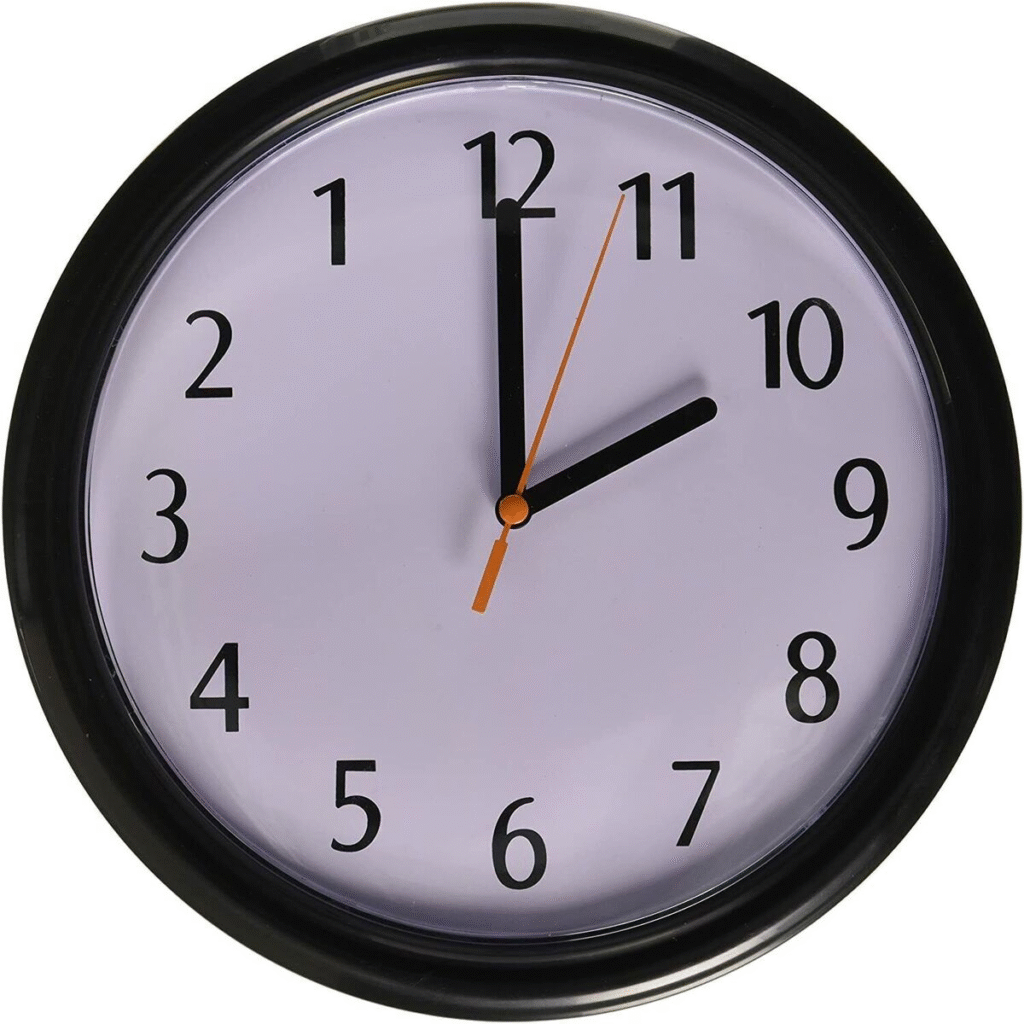
He began to think, his mind spiraling like a mad spiral of equations and unfulfilled dreams.
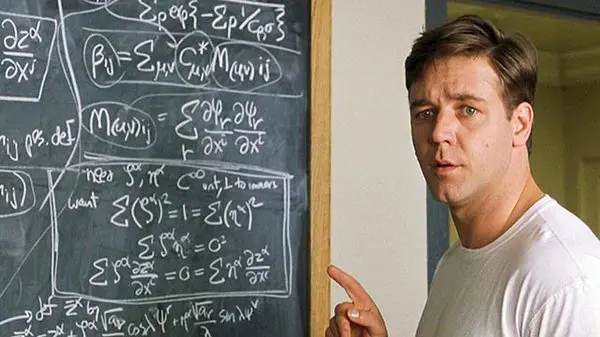
Diogenes, seeking the honest man in a world full of falsehoods.
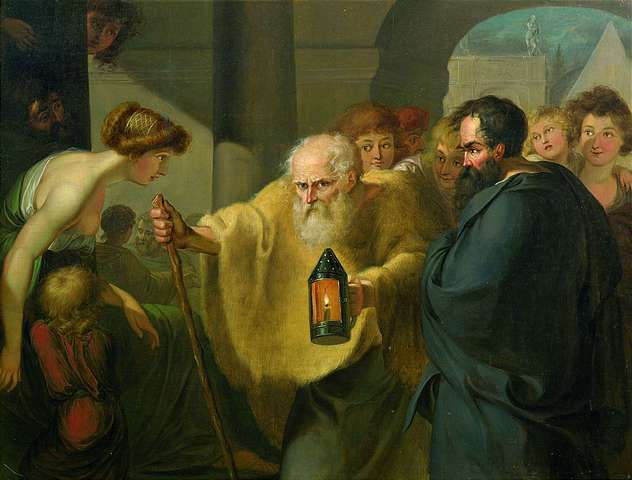
The punishment of the man who must forever push the boulder up the mountain, only to see it roll away again and again.
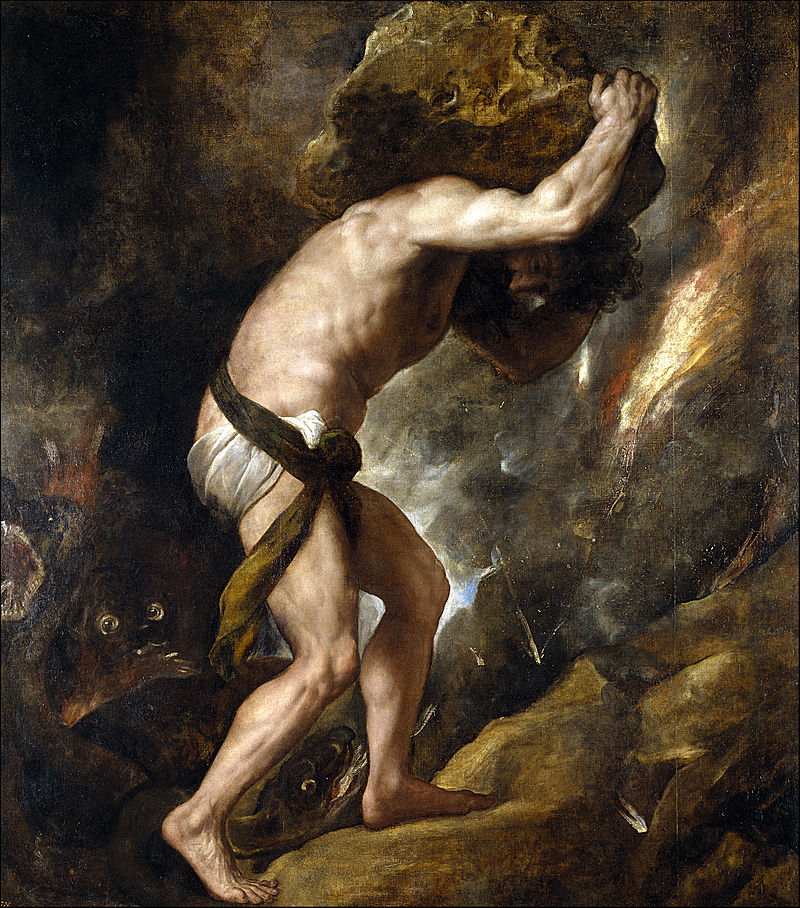
The mathematician who exhausts his life searching for the final digit of pi, always one step away from completing the equation.
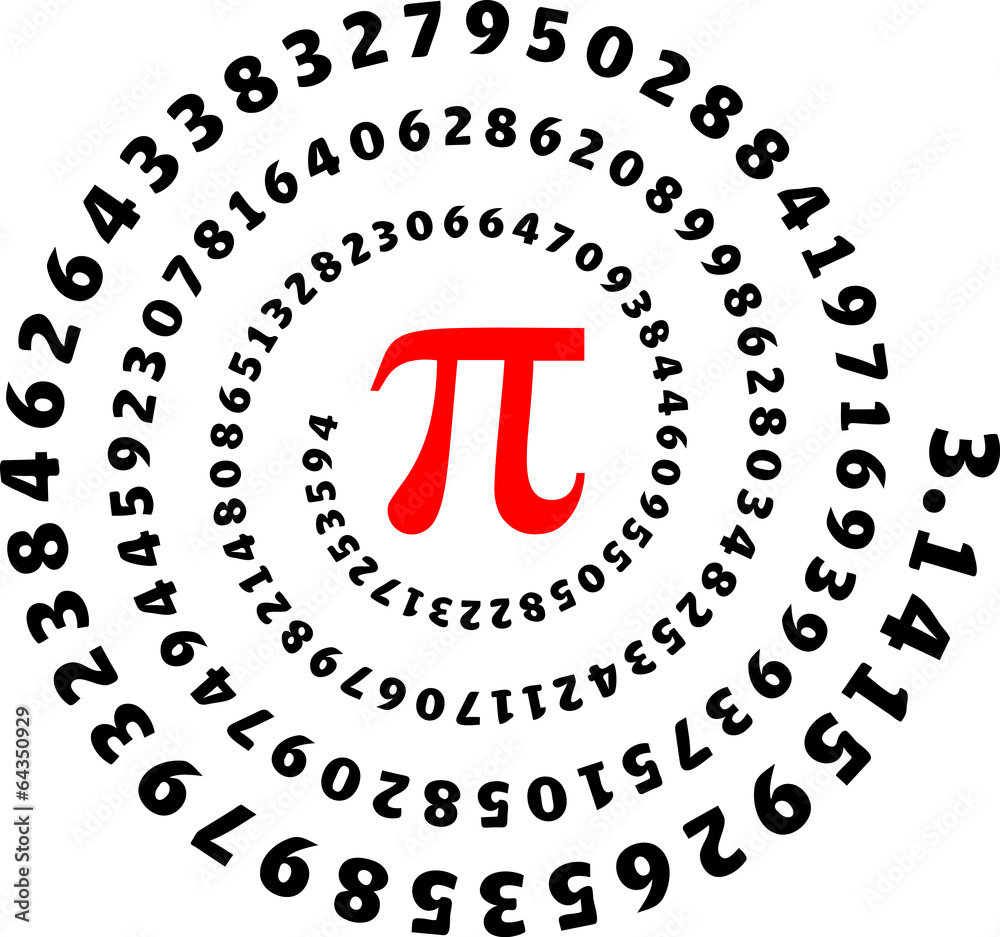
The blind man, forever groping in the darkness, seeking a shadow of doubt in a world that offers none.
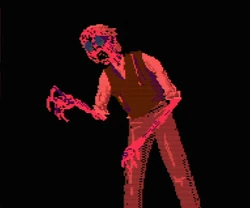
The obsessive-compulsive, wiping the floor, again and again, never satisfied with the gleam that never lasts.

Each one, driven by the idea that perfection is within reach, but always out of grasp.

Each one destined to fail.
He was one of them now.
A man trapped in the quest for a perfect world that doesn’t exist.
A world that can never exist.
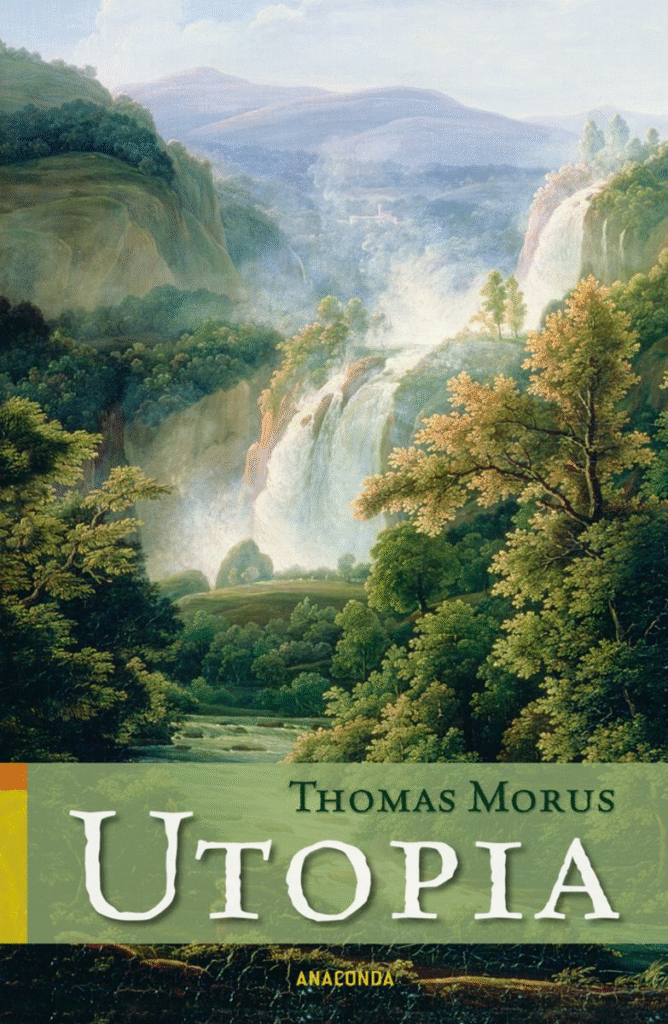
He stared at the watch.
The hands kept turning back, further, further.
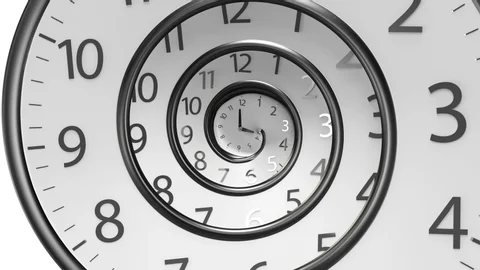
And March, for the first time, understood true horror.
The madness of chasing an ideal that cannot be attained.
It will consume you.
It will swallow your soul.
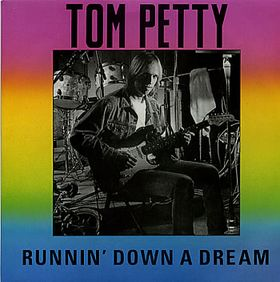
In a moment of clarity, he saw it — the trap.
Perfection, he realized, isn’t a goal.
It is the cruelest of all illusions.
It is not a place to be reached, but a process that leads only to destruction.
He looked around, as if expecting to see the world crumble beneath him.
But it did not.
It waited.
It watched.
Still waiting.
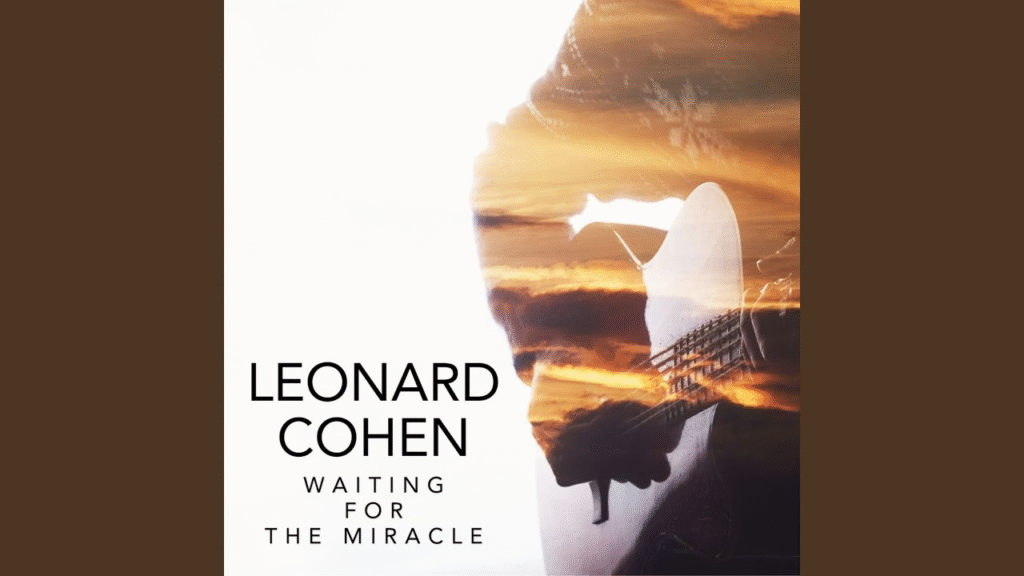
The balance between Heaven and Hell is indeed a razor’s edge.
It is the line that divides light from darkness, purity from corruption, salvation from damnation.
So fine, so sharp, that to cross it is to risk falling into one or the other, and sometimes, even the slightest shift can send a soul tumbling forever.
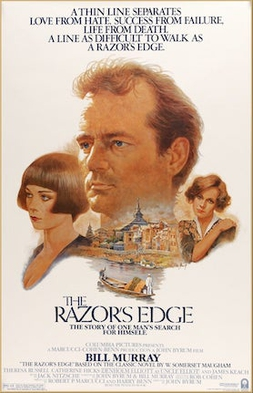
For March, the balance was a constant weight upon him, like an unseen blade pressed to his throat.
He once believed that the pursuit of perfection — the dream of a world made right — was noble, a goal to strive toward, no matter the cost.
But now, as he stands at the precipice, he feels the truth:
That perfection, when chased too recklessly, can burn a person alive.
He had seen the extremes.
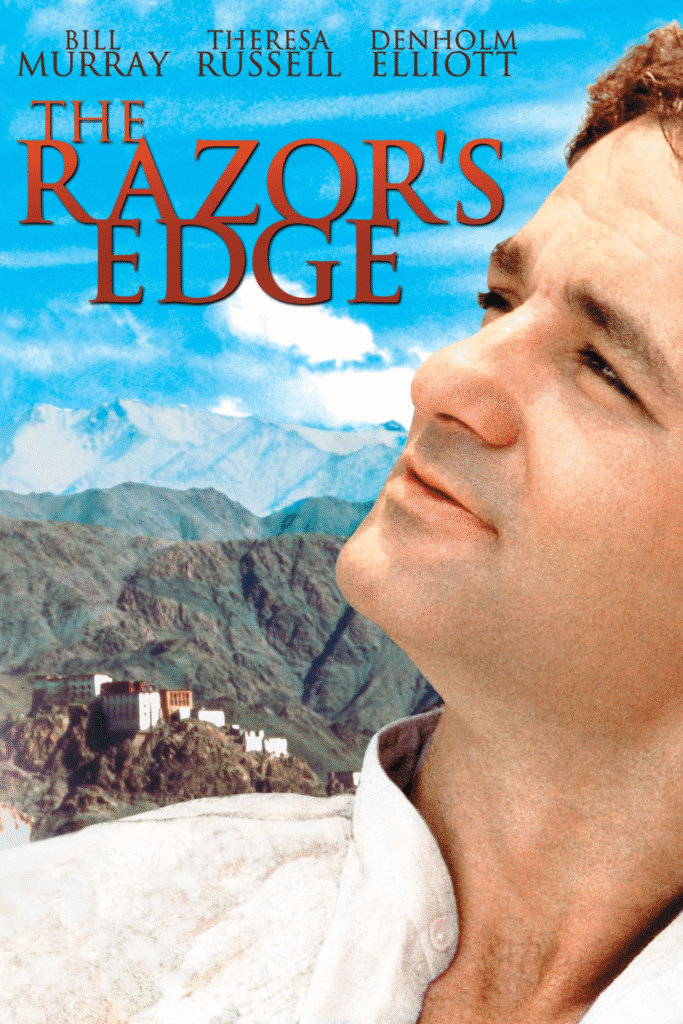
The fire of Heaven, where ideals are held up so high that they burn any who approach them.
There, the righteous are too rigid, too sure, too consumed by their own certainty to see the humanity beneath the rules they impose.
And on the other side, the pit of Hell, where the failed dreams of men fester, twisted into bitterness, madness, despair.
It is here that all the mistakes, all the broken promises, all the shattered hopes fall, rotting into the earth.
The line between them is impossibly thin.
March felt himself teetering on it now.
At any moment, one misstep could send him spiraling into one of those extremes.
He looked into the void of his thoughts, where Heaven and Hell exist as reflections of each other — two sides of the same coin, spinning endlessly, eternally.
One promises order, peace, and perfection, while the other whispers of chaos, destruction, and eternal torment.
But neither is true freedom.
Is it possible, he wonders, to live somewhere in between?
Is it possible to walk this razor’s edge without losing one’s self?
The right answer always seems just out of reach, like a mirage that evaporates the closer one gets.
And yet, the longer he chased it, the more certain he was that it is a question without an answer.
To search for perfection, for Heaven, is to risk falling into Hell.
To give up on the search is to live in a state of despair—caught between the two, forever hungry for something that doesn’t exist.
In his mind’s eye, the shadows stretched once more.
They seemed to tug at his very soul, pulling him in opposite directions.
One to a world where every question has an answer, every rule is followed, every mistake punished.
The other to a realm of pure anarchy, where nothing matters and everything burns.
The balance, the razor’s edge, is all that remains.
And March, trembling, teetered on the brink, unable to escape the gravity of both heaven and hell.
Which will he choose?
To fall to one, or to live in constant peril, forever suspended between the two?
The wind howled again.
It felt like a warning.
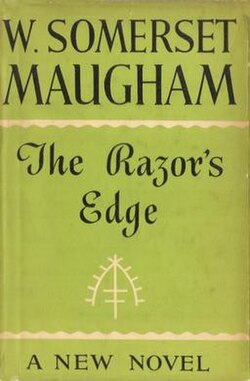
The empty lecture hall stands in oppressive silence, its walls thick with the dust of forgotten ideas.
The chalkboard at the front remains blank, save for the faint smudge of past thoughts—flickers of wisdom that have long since lost their meaning.
March stands in the center, his mind adrift, disconnected from the world around him.
His steps echo too loudly, too sharply, in the vast emptiness.
The wind outside howls against the windows, a constant, insistent presence that gnaws at his sanity.
Still waiting.
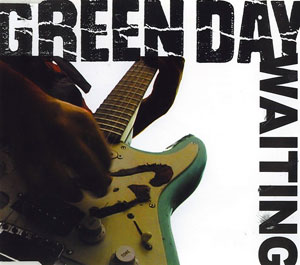
The shadows in the corners of the room stretch long and unnatural, reaching toward him like fingers, like the hands of those who sought perfection and were consumed by it.
He turns slowly, his gaze skimming over the empty desks, each one an island in a sea of forgotten faces.
Who are they?
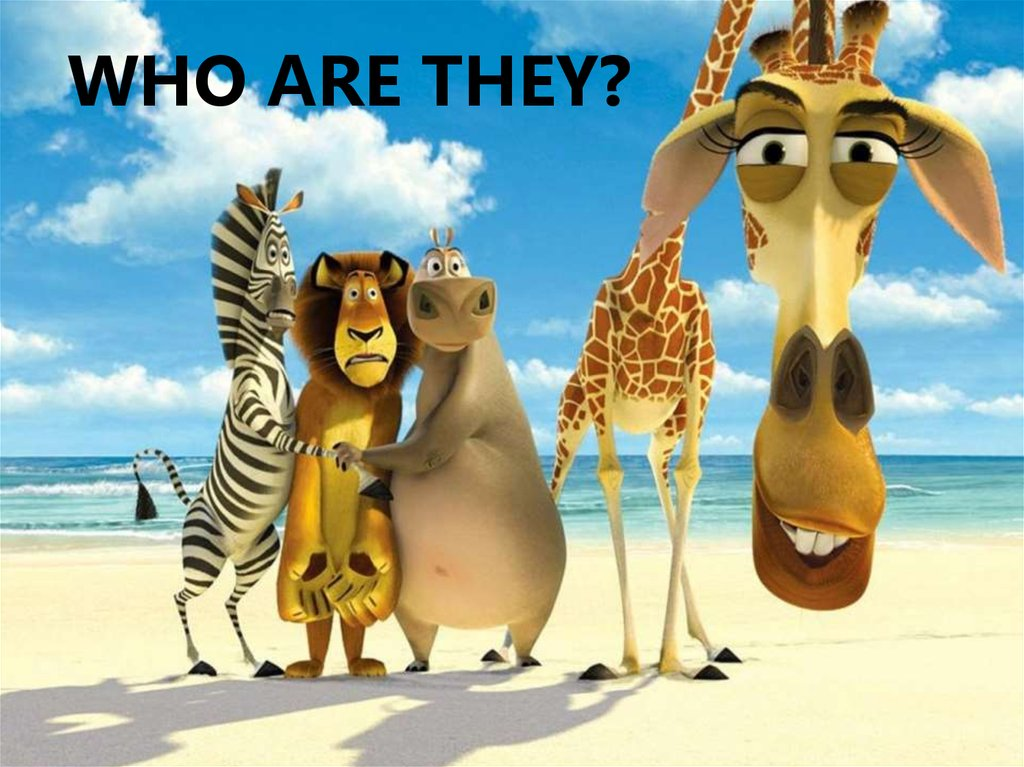
The students who once filled this room with their questions, their doubts, their eager searches for answers.
Are they mere ghosts now, lost to the tide of time?
The wind howls louder, rattling the windows.
March looks to the door, expecting someone to enter, but no one comes.
The shadows twist in the corners of his vision. He feels their weight, pressing down on him, suffocating him.
They are the remnants of every ideal he has ever chased.
The faces of Diogenes, the mathematician, the blind man — all of them, forever trapped in their quest for an impossible perfection.
The perfect answer.
The perfect world.
The perfect moment.
But perfection is an illusion, he now understands.
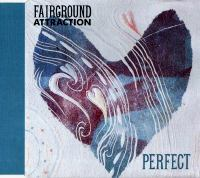
A cruel mirage that vanishes the closer you get.
The wind rattles the windows again, and the room seems to close in on him.
His breath is shallow, his chest tight.
He feels the walls pressing in.
The shadows shift again, and he sees them, just for a moment —flickers of those who have gone before him, who too searched for perfection and failed.
The menacing figures move at the edges of his vision, and he knows, with sickening clarity, that they are always there.
Always watching.
Still waiting.
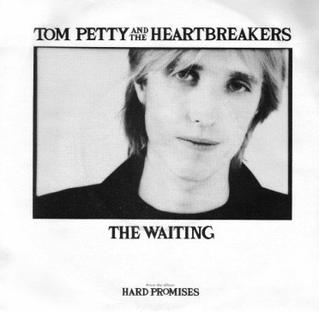
He feels the madness creeping closer, as the shadows grow longer, as the wind howls louder.
It is not the room that is haunted.
It is his mind.
It is his obsession with the perfect, the unattainable, the illusory.
And there is no escape.
The clock ticks in the background, its hands slowly turning backward.
The abyss is closing in.
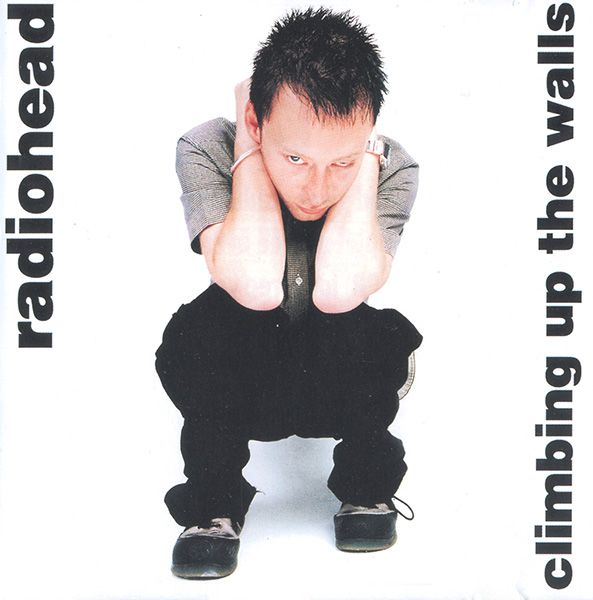
The wind howls through the cracks, a low, mournful cry that reverberates through the room, stealing the words from March’s mind as it steals the papers from his desk.
They scatter like leaves in a storm, spiraling out of his grasp, defying his attempt to pin them down.
Each sheet flutters, taunting him, torn from their context as if to mock his futile attempt to capture thought, to hold onto meaning in a world where even his own ideas seem out of his control.
The windows rattle, a sound more like the desperate shudder of a man trapped and hunted, his breath quick and shallow, seeking sanctuary from something far too vast to confront.
The air is colder now, a biting chill that creeps under his skin, colder than the metallic stillness of a meat locker, a space frozen in time, sealed off from life.
The room feels like a tomb, waiting for something it can never receive — the final breath of a soul already lost.
And there, before him, the laptop cursor blinks — unceasing, indifferent, like a silent sentinel on the edge of oblivion.
It taps against his mind, a constant presence, rhythmic in its simplicity, but maddening in its persistence.
An itch that cannot be scratched.
It refuses to let him be.
He looks at it, feels it pressing into his thoughts, a reminder that there is something he must do—something he must say—but the words escape him.
They are scattered, gone, lost in the wind, caught in the void between thoughts and actions.
Each tap of the cursor is a jarring note in a symphony of silence, a call to something he cannot define but knows he must face.
In this room, in this moment, there is no refuge.
There is only the emptiness of the space around him and the presence of the cursor—his only companion in a place that has long since forgotten what it means to be alive.
How long can he stand before the silence consumes him entirely?
Perhaps Floréal 1 is Day One….
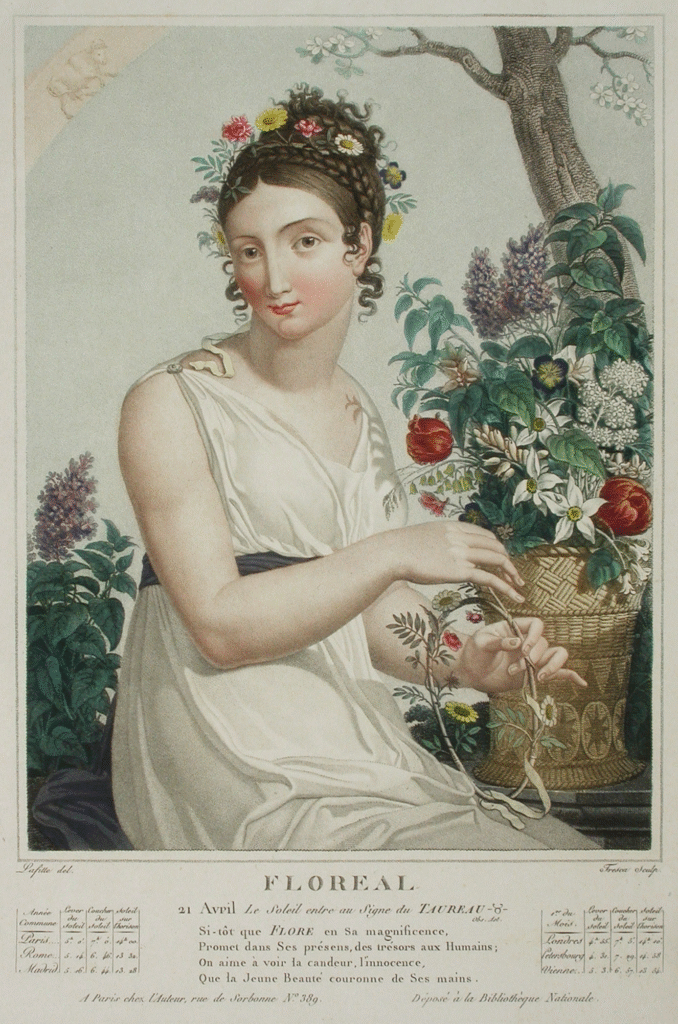
This is the end
Beautiful friend
This is the end
My only friend, the end
Of our elaborate plans, the end
Of everything that stands, the end
No safety or surprise, the end
I’ll never look into your eyes again
Can you picture what will be?
So limitless and free
Desperately in need
Of some stranger’s hand
In a desperate land
Lost in a Roman wilderness of pain
And all the children are insane
All the children are insane
Waiting for the summer rain, yeah
There’s danger on the edge of town
Ride the King’s Highway, baby
Weird scenes inside the gold mine
Ride the highway west, baby
Ride the snake, ride the snake
To the lake, the ancient lake, baby
The snake, he’s long, seven miles
Ride the snake
He’s old and his skin is cold
The west is the best
The west is the best
Get here and we’ll do the rest
The blue bus is calling us
The blue bus is calling us
Driver, where you taking us?
The killer awoke before dawn
He put his boots on
He took a face from the ancient gallery
And he walked on down the hall
He went into the room where his sister lived, and then he
Paid a visit to his brother, and then he
He walked on down the hall, and
And he came to a door
And he looked inside
“Father?”
“Yes, son?”
“I want to kill you”
“Mother, I want to…”
Come on baby, take a chance with us
Come on baby, take a chance with us
Come on baby, take a chance with us
And meet me at the back of the blue bus
Doin’ a blue rug, on a blue bus, doin’ a
Come on, yeah
This is the end
Beautiful friend
This is the end
My only friend, the end
It hurts to set you free
But you’ll never follow me
The end of laughter and soft lies
The end of nights we tried to die
This is the end
